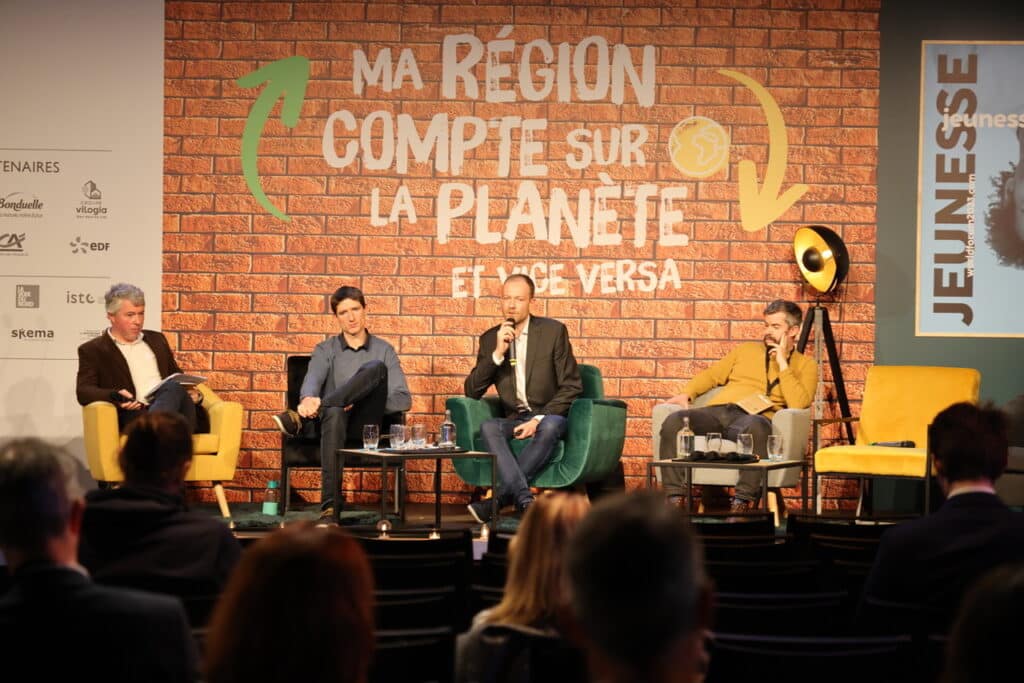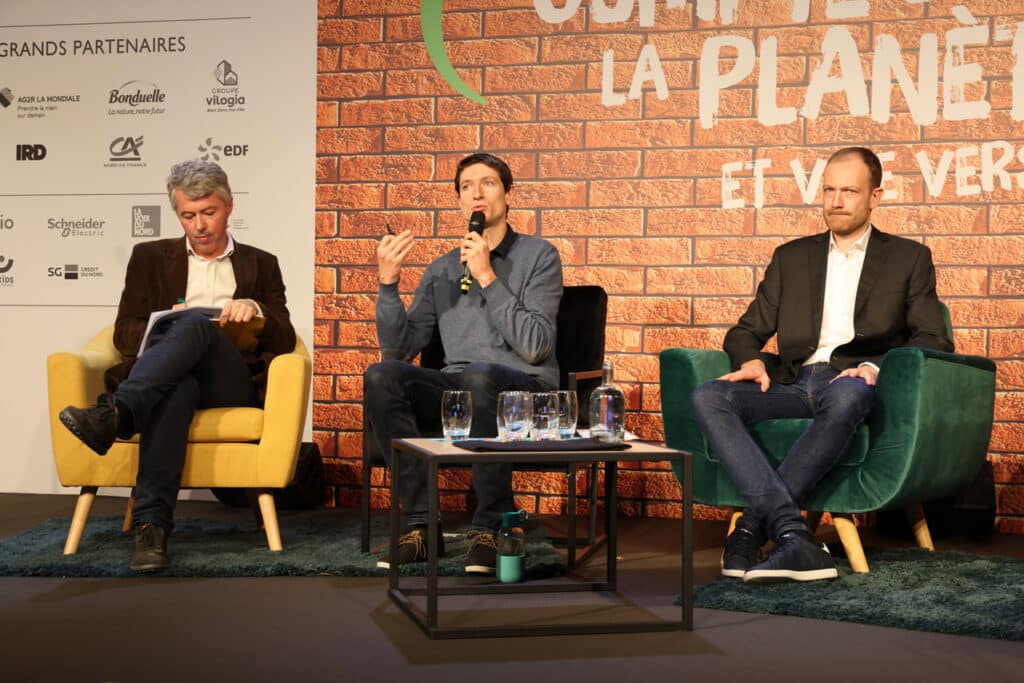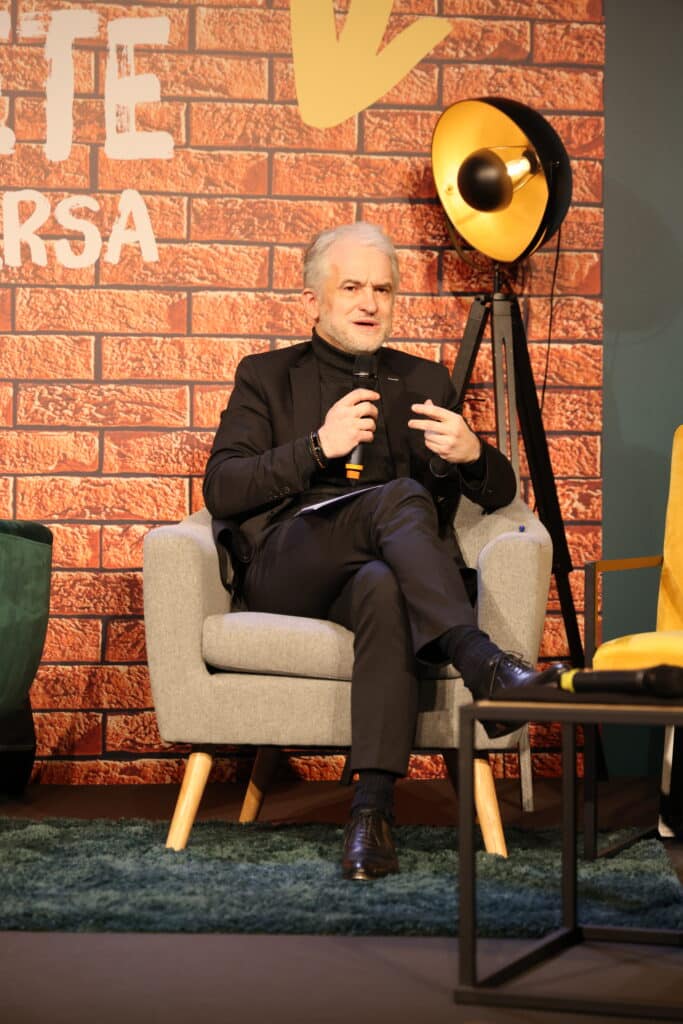
Revivez l'édition 2023
depuis 10 ans
internationaux
contenus disponibles
LES TEMPS FORTS DU PROGRAMME
Une soirée plénière marquante en association avec Synopia
Un bar à labels, pour y voir plus clair parmi les labels et certifications proposés autour de la RSE en France
Une salle de jeux, mettant à l’honneur différents serious games et ateliers autour de la transition
Un temps fort « World Forum Kids », pour créer un espace d’échanges intergénérationnels et lutter contre l’éco-anxiété
Des conférences internationales inspirées des défis géopolitiques actuels
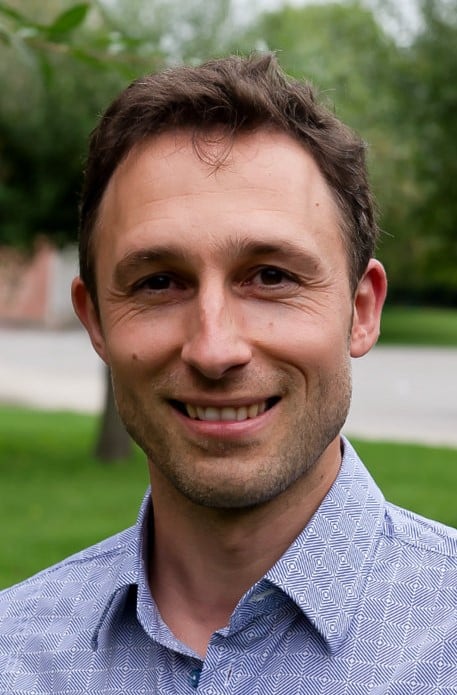
François BOISLEUX
Coordinateur Adaptation au changement climatique
ADEME - France
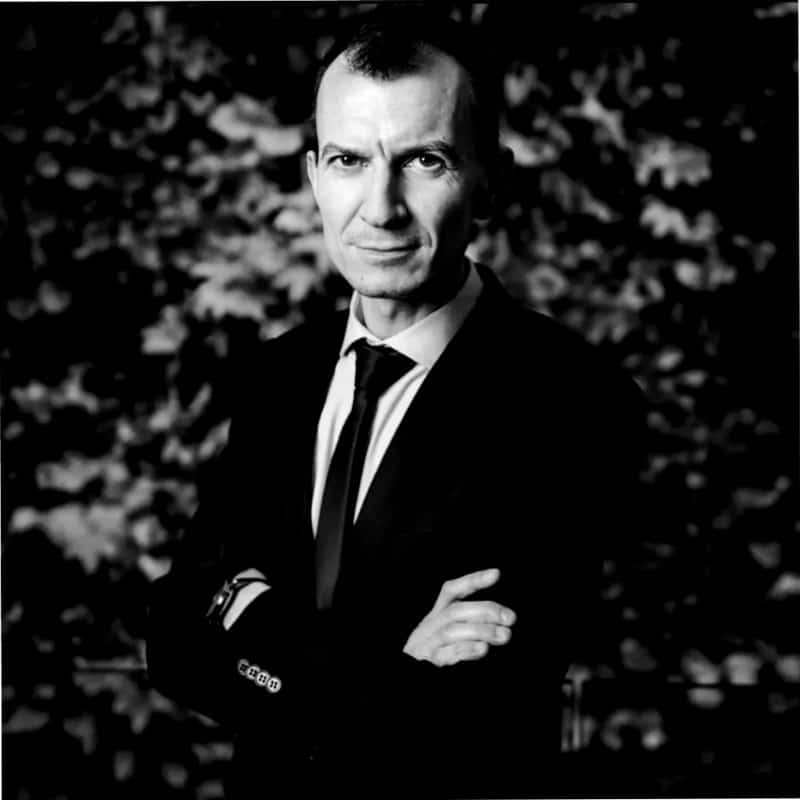
Sébastien ABIS
Directeur
Club DEMETER - France
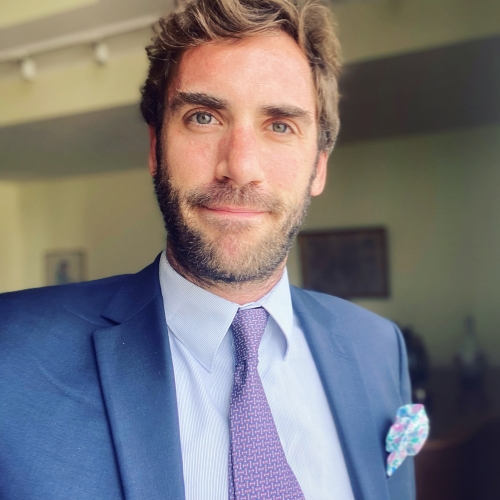
Pierre ARLAUD
Directeur Impact & Innovation Sociale
IDKIDS - France

Bertrand BADRÉ
PDG et fondateur
Blue like an Orange Sustainable Capital - France
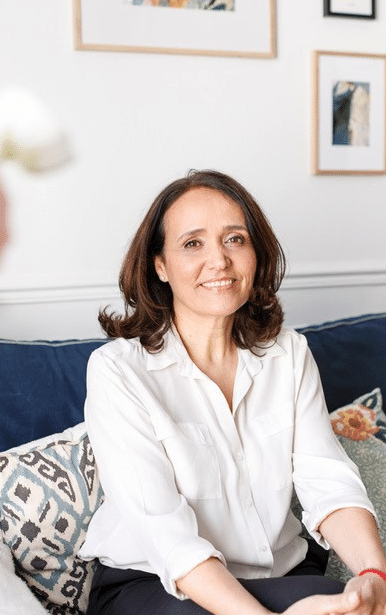
Nathalie BASTIANELLI
Fondatrice et CEO
We Belong - France
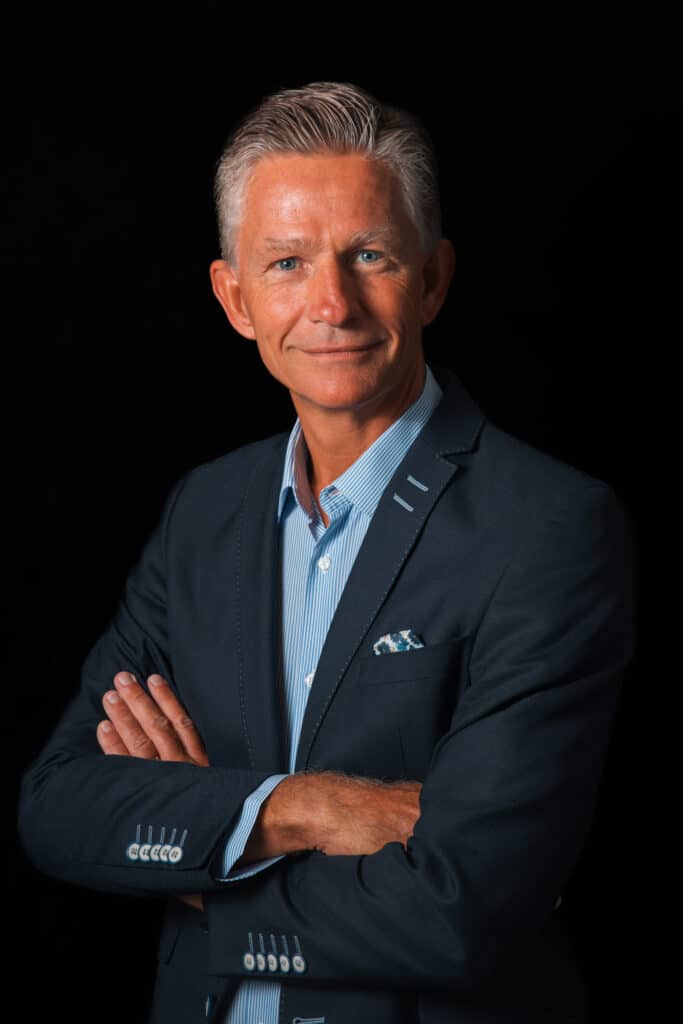
Laurent BAZIN
Fondateur
AXIS Experts Conseils - France
Loïc BELHOMME
Directeur Régional Hauts-de-France
AG2R la Mondiale - France
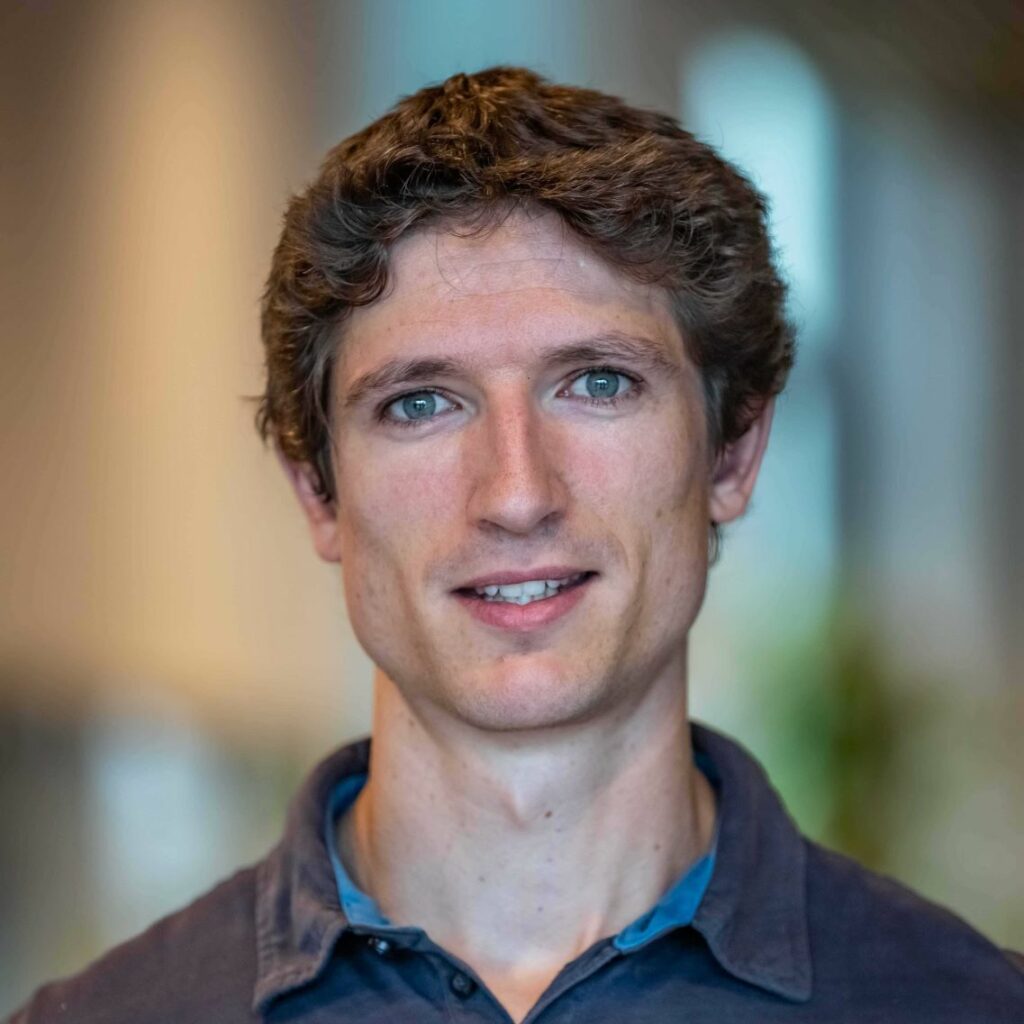
Aurélien BIGO
Ingénieur, chercheur
- France
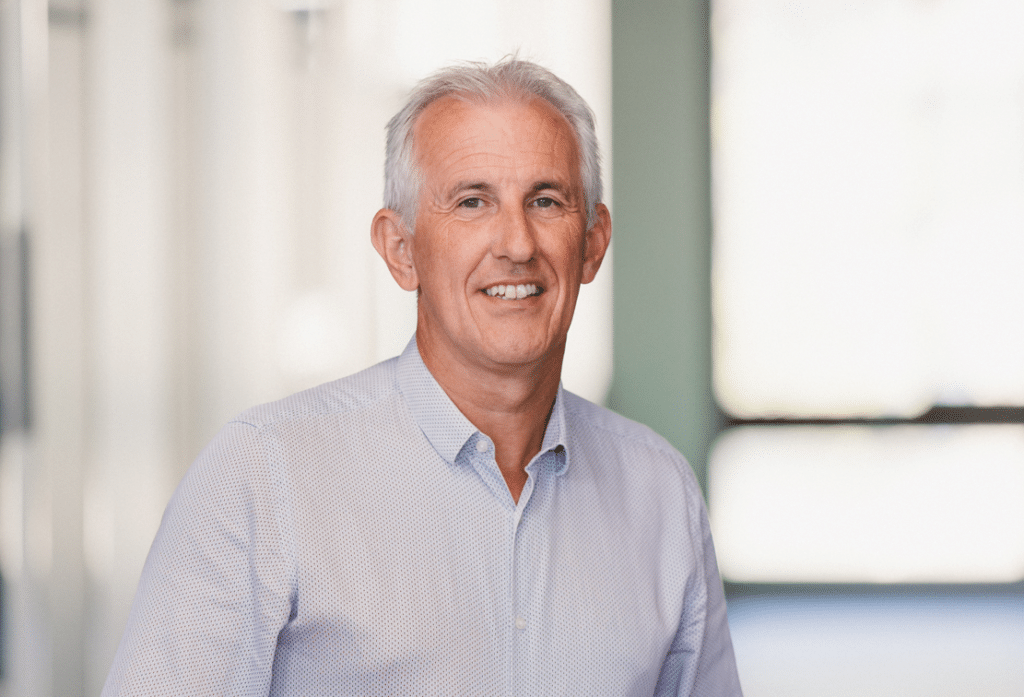
Frédéric BOSSARD
Spécialiste de l’innovation, de la gestion de projet de l'Intelligence Artificielle et du digital-web marketing
SKEMA Business School - France
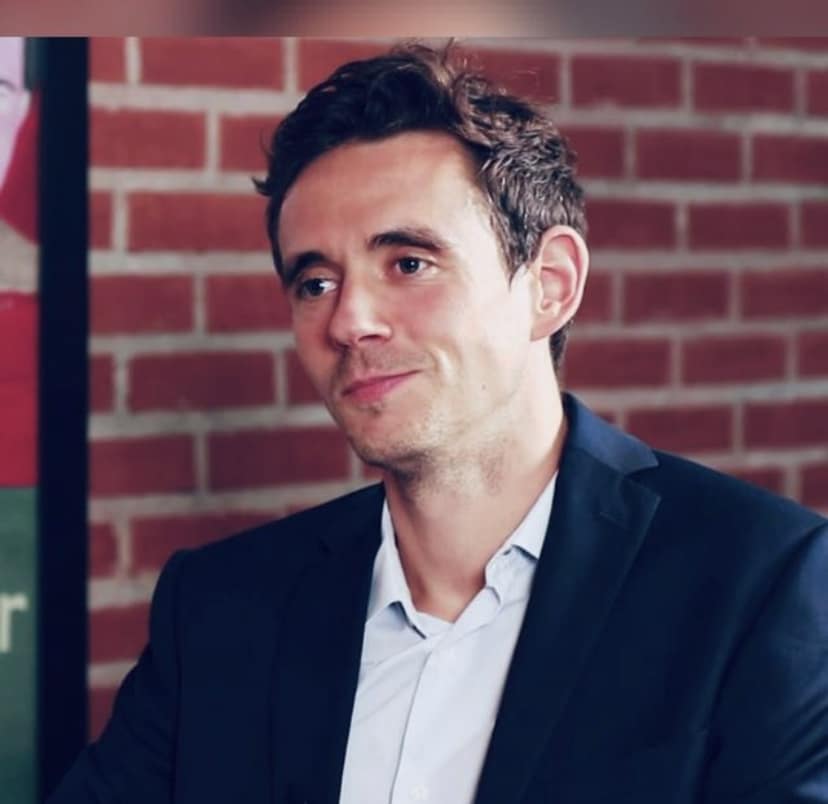
Mathieu BRUN
Directeur scientifique
Fondation pour l'Agriculture et la Ruralité dans le Monde - France
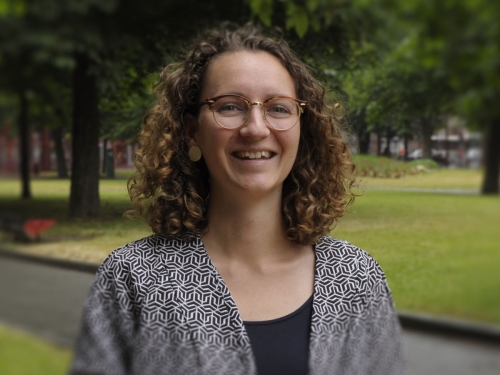
Valentine CADU
Chargée de Communication et de projet Design
Signes de sens - France
SP-1-1024x974.jpg)
Eric CAMPOS
Directeur de l'Engagement Sociétal
Crédit Agricole S.A. - France
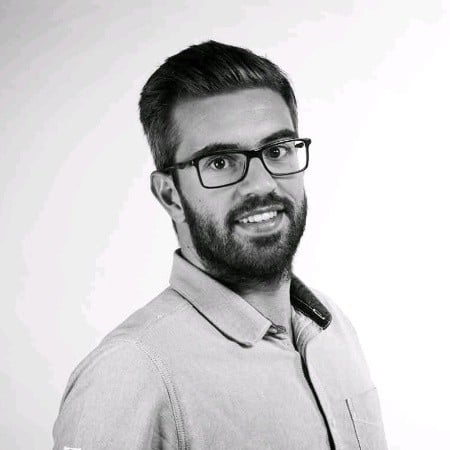
Vincent CATTOEN
Directeur Associé
Lemon Interactive - France
Mathieu CHASSIGNET
Ingénieur mobilités durables - Coordinateur marche, covoiturage
ADEME - France
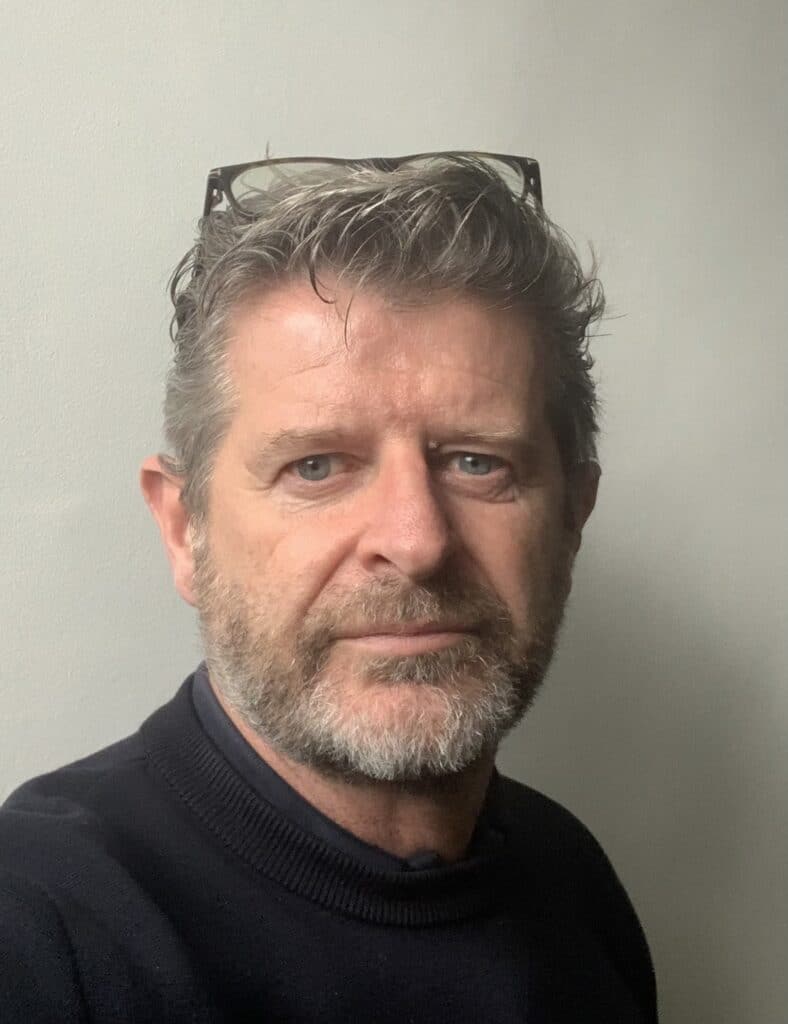
Laurent CHUFFART
Chef de produit commercial
ADEO - France
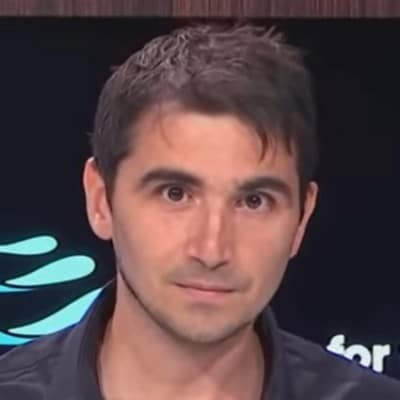
Mehdi COLY
Co-fondateur
Team for the Planet - France
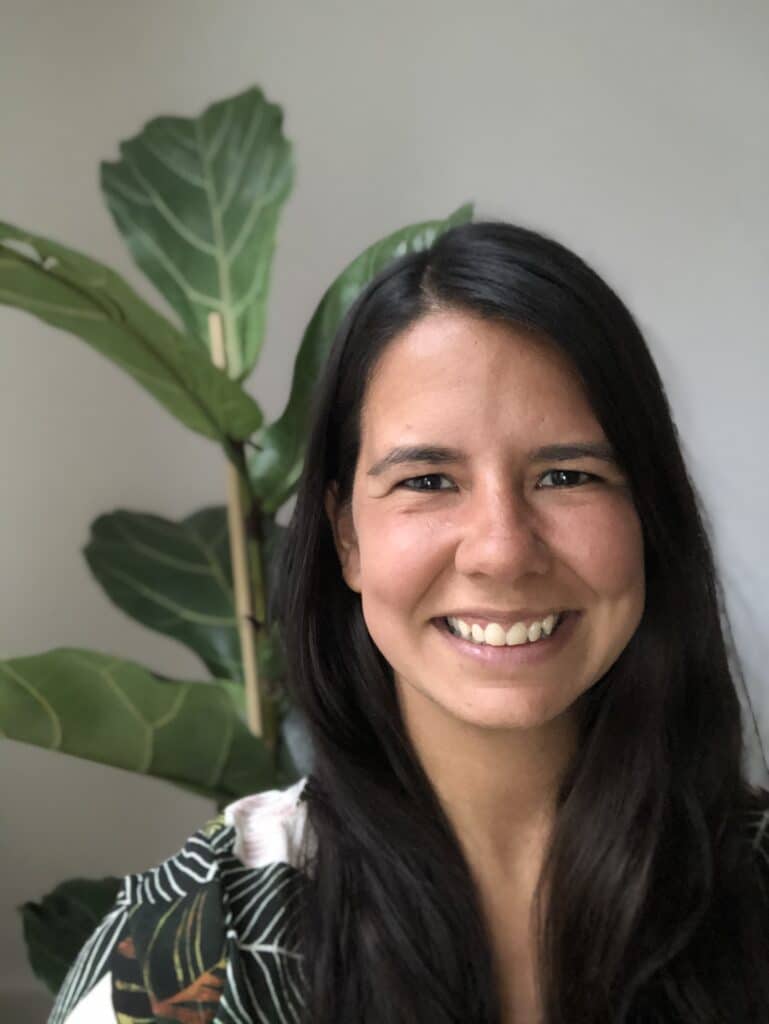
Maria CORREA
Directrice de la communication et de l'engagement communautaire
B Lab Europe - Pays-Bas
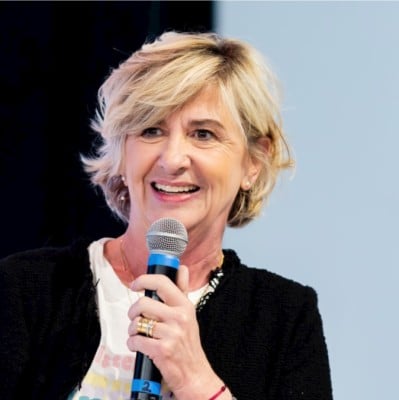
Elisabeth CUNIN
Présidente
Kiabi - France
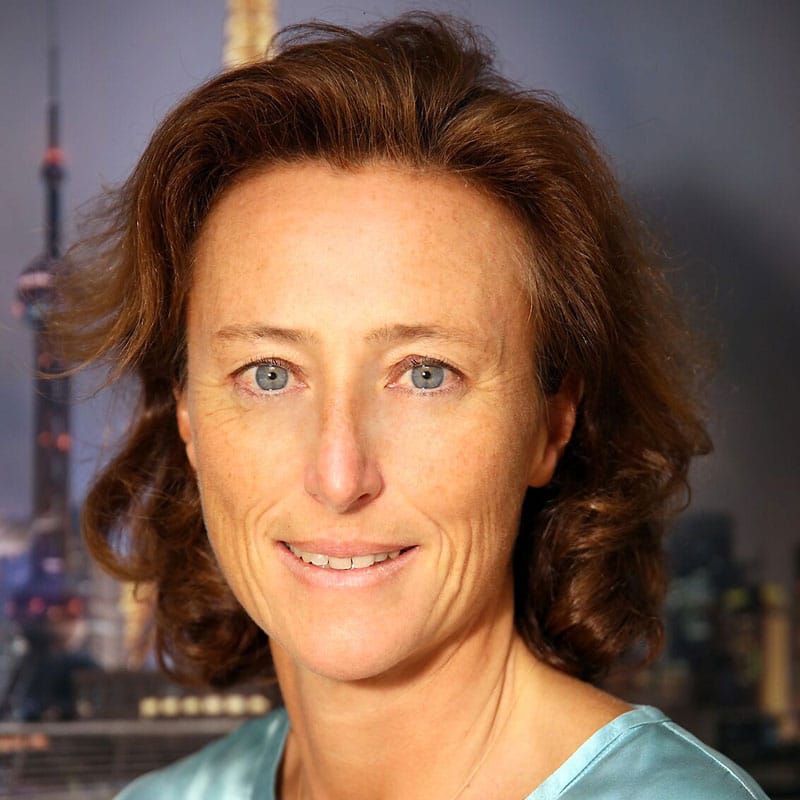
Diane DE SAINT-AFFRIQUE
Professeur
SKEMA Business School - France
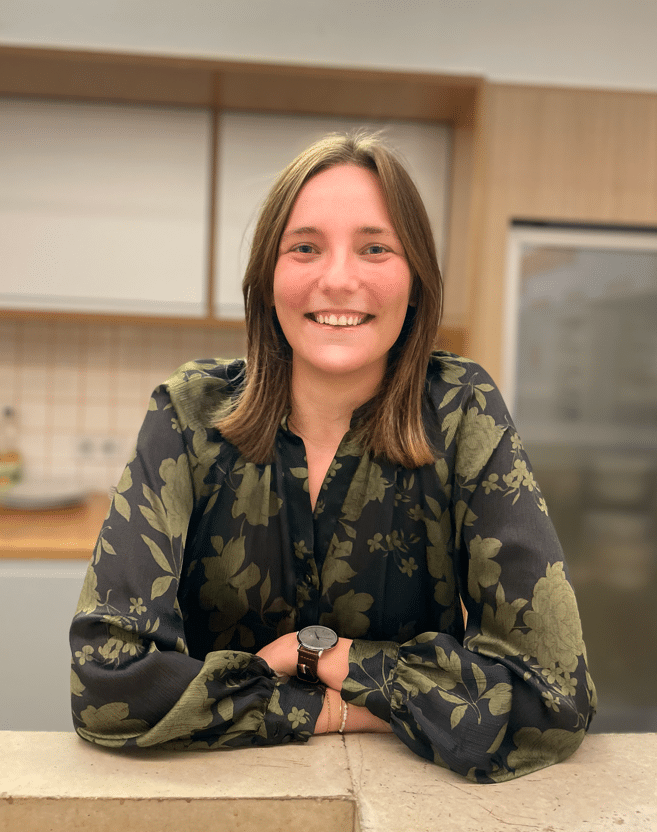
Juliette DELANNOY
Responsable RSE
Foodles - France
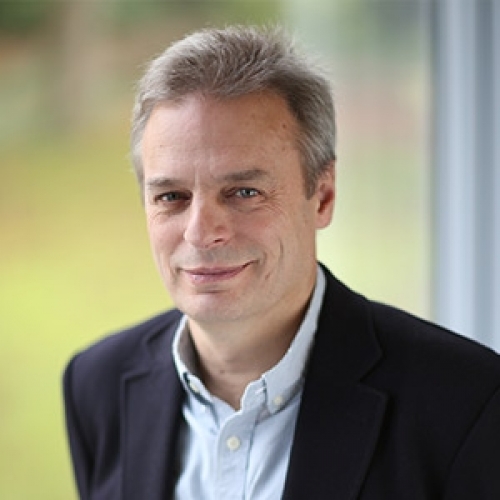
Geert DEMUIJNCK
Professeur
EDHEC Business School - France
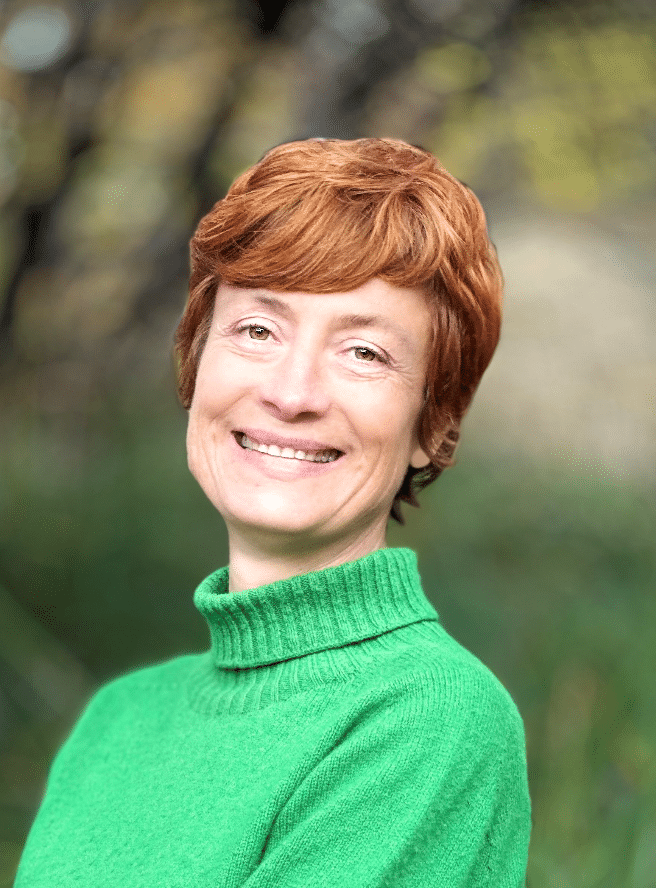
Marguerite DEPERROIS
Co-fondatrice
Les Ateliers de l'Adaptation au changement climatique - France
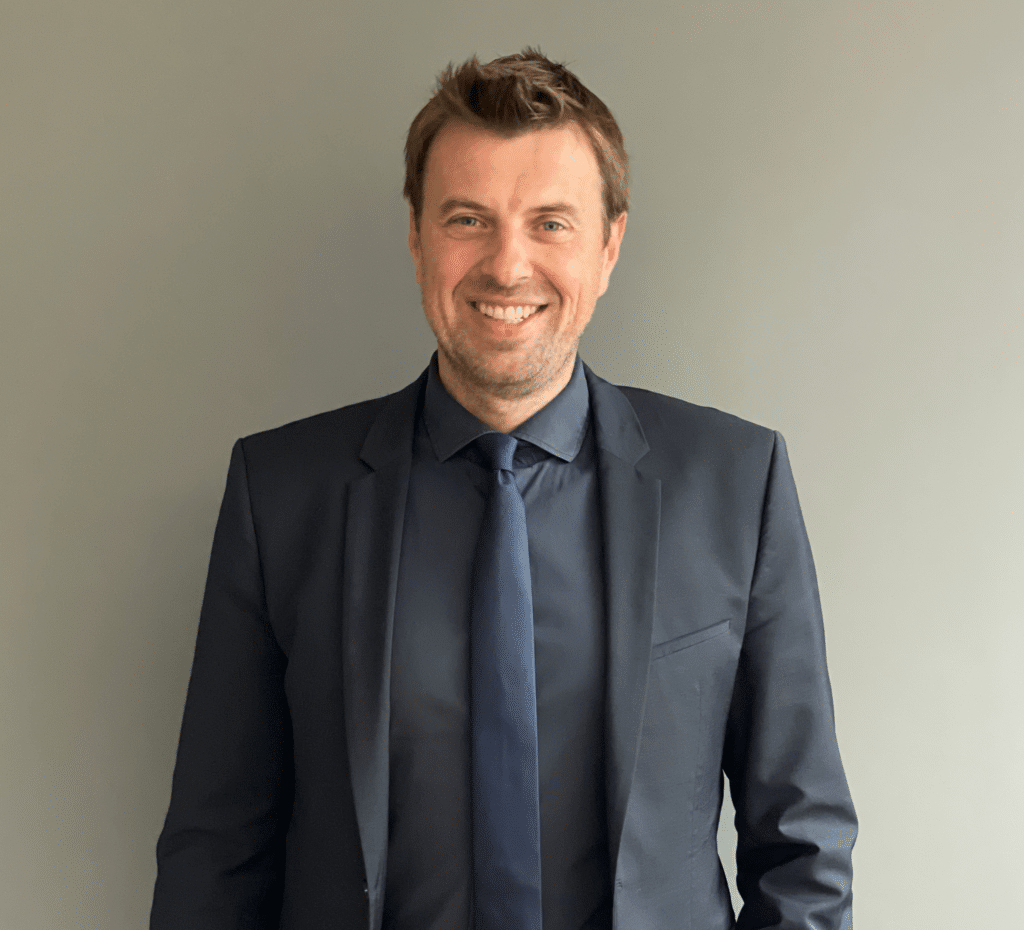
Olivier DESURMONT
Fondateur
Anywr - France
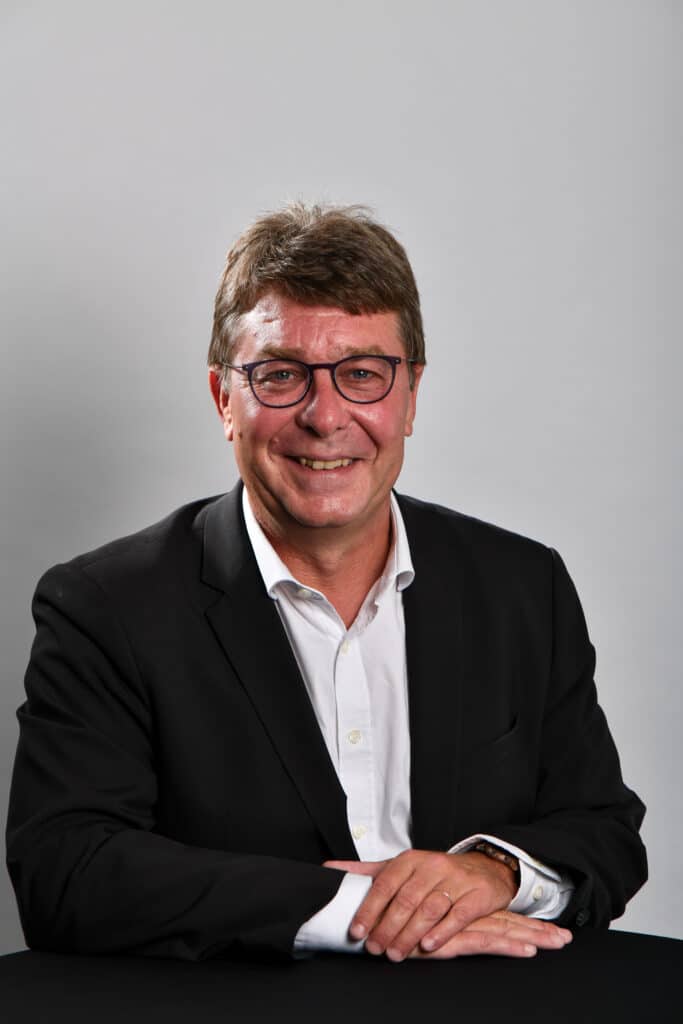
Thierry DUJARDIN
Président
Side Invest - France

Alan FERBACH
Fondateur
VIDETICS - France
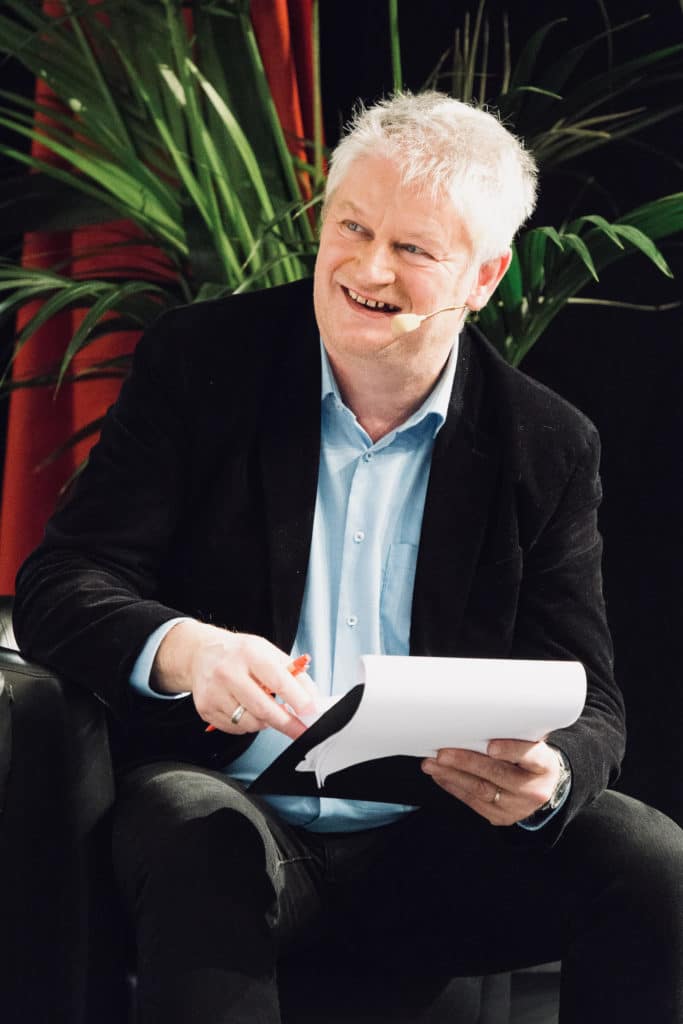
Thierry FOUQUET
Co-fondateur de M la Constellation
M la Constellation - France
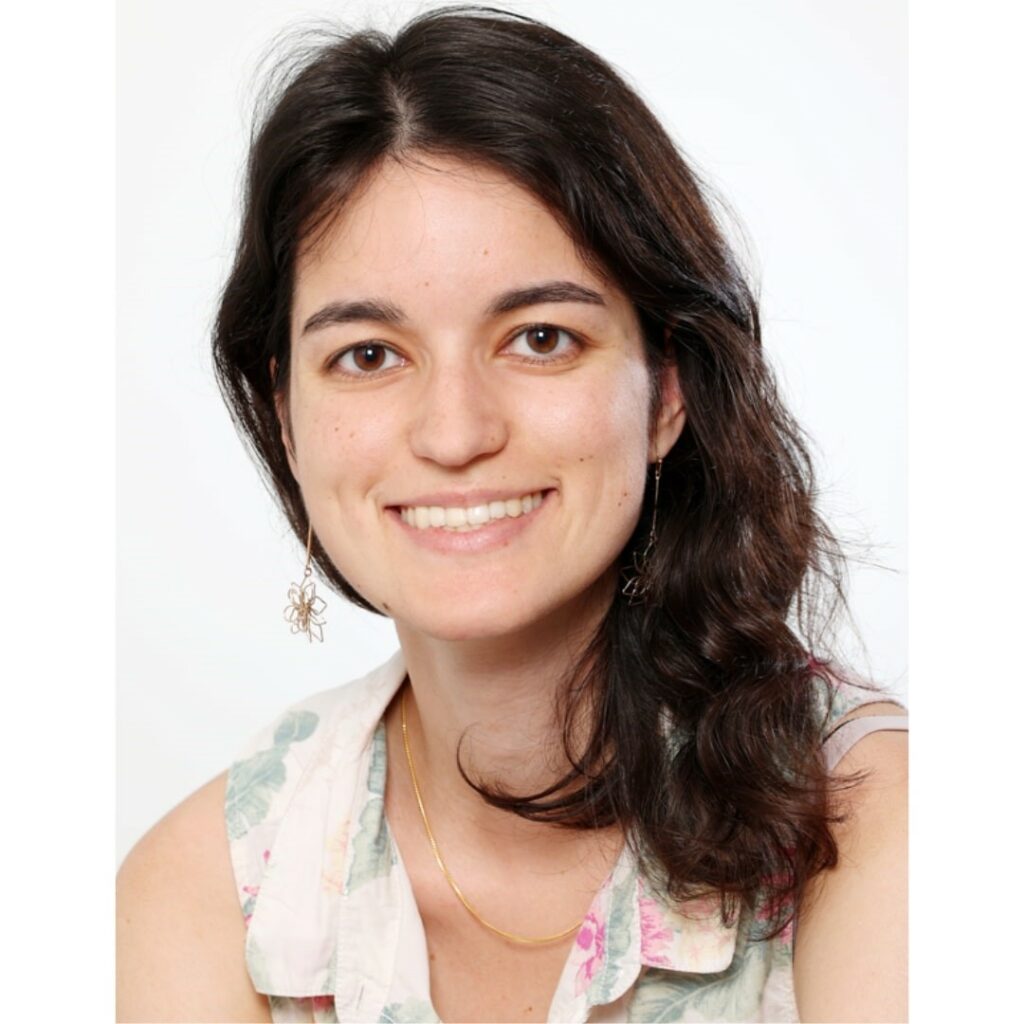
Tara GOODWIN
Chef de la délégation française
Sommet Jeunesse du G20 2023 - France
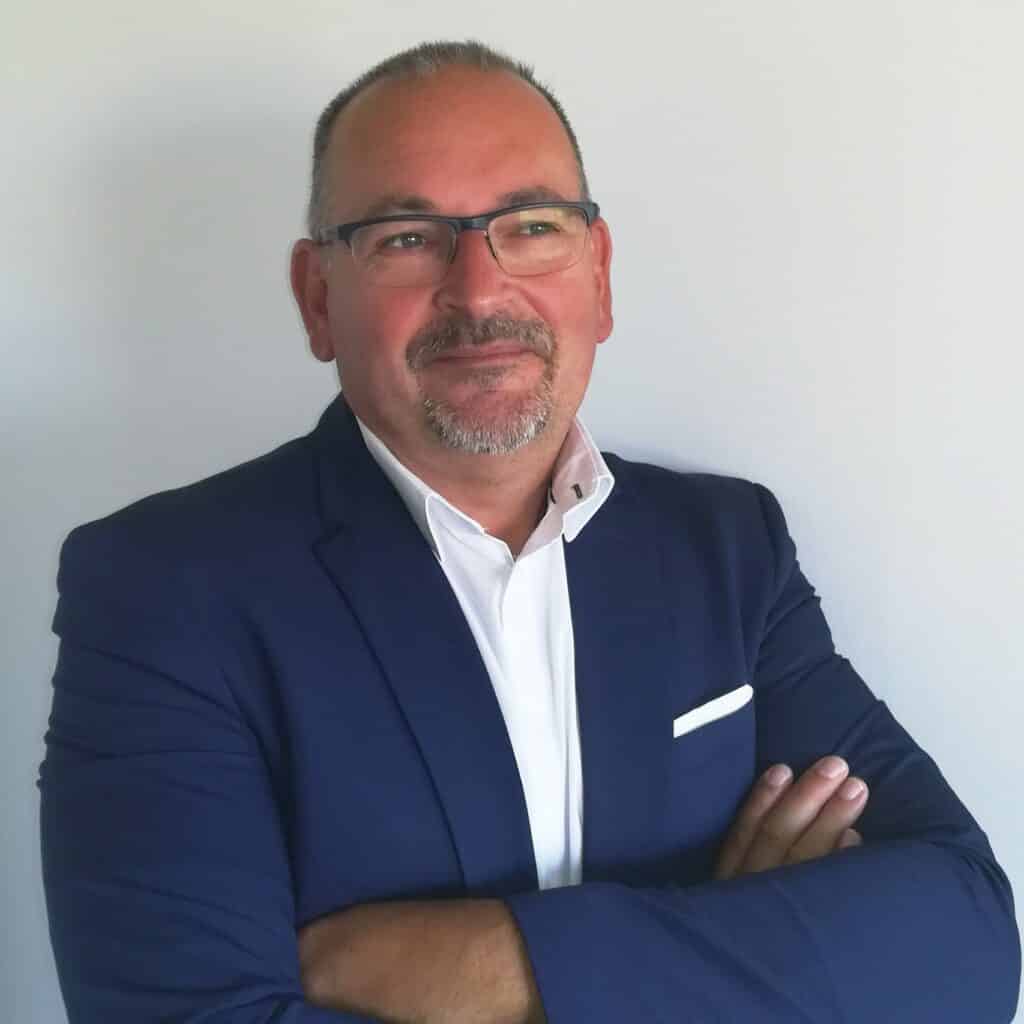
Antoine GOYER
Directeur
Académie de la Société Française des Analystes financiers - France
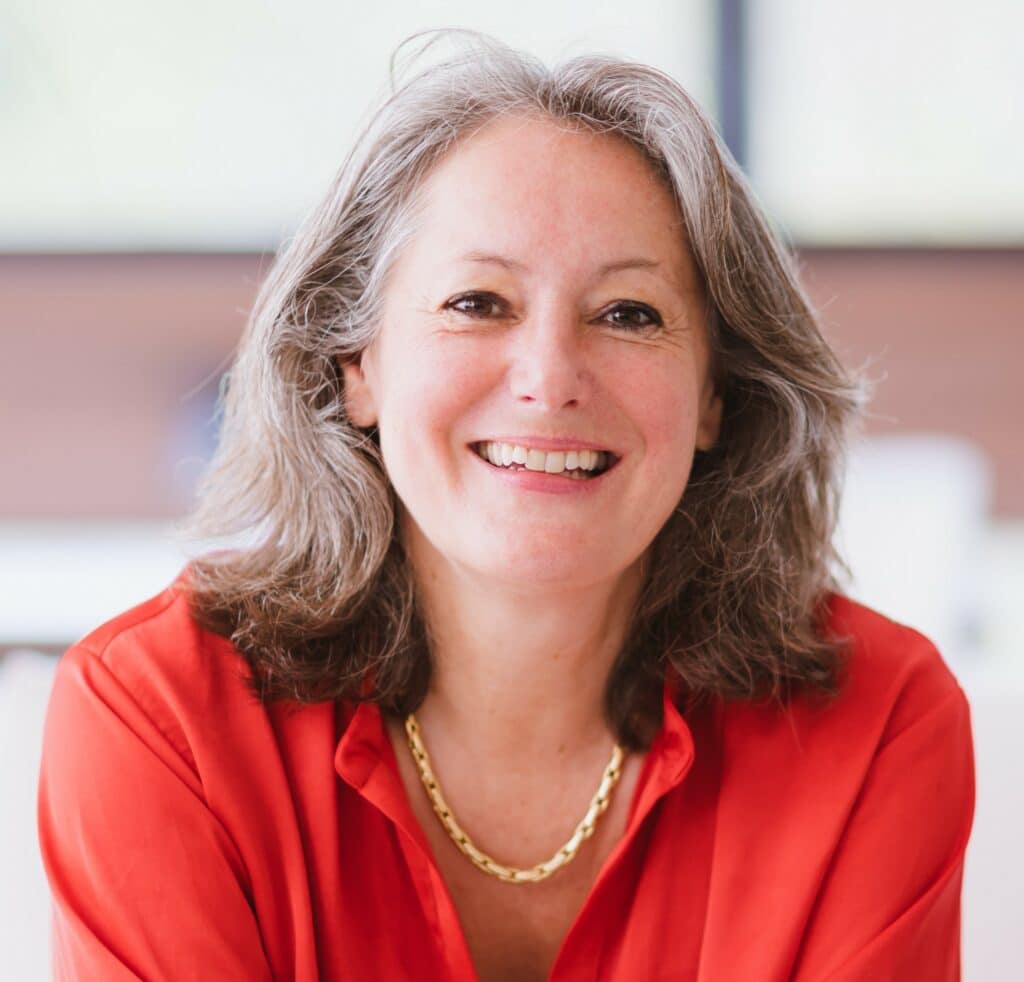
Alice GUILHON
Directrice Générale
SKEMA - France
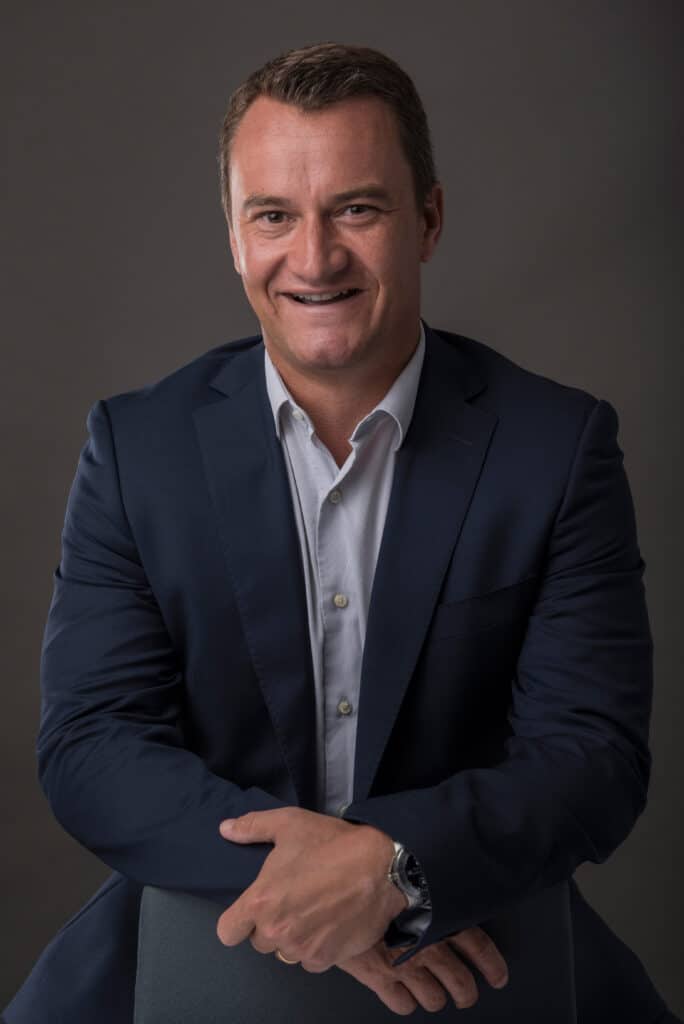
Barthélemy GUISLAIN
Président
AFM - Association Familiale Mulliez - France
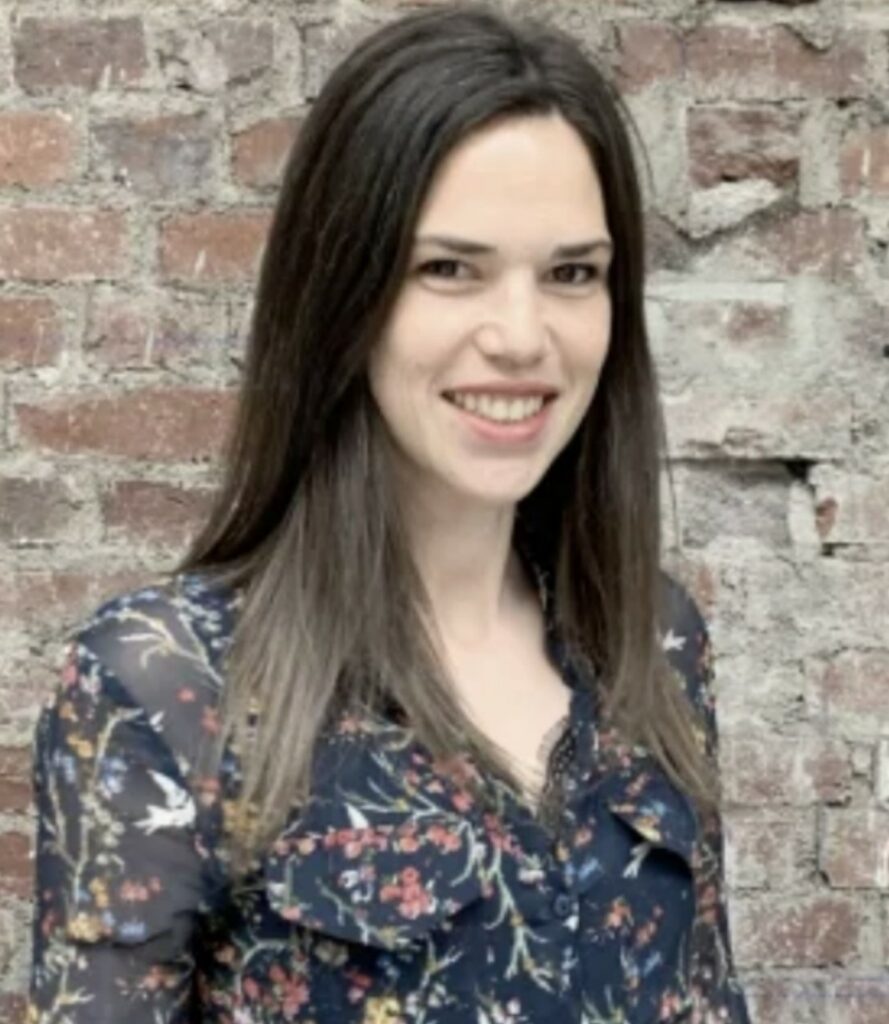
Raphaëlle HACCART
Directrice du développement
Palais de Tokyo - France
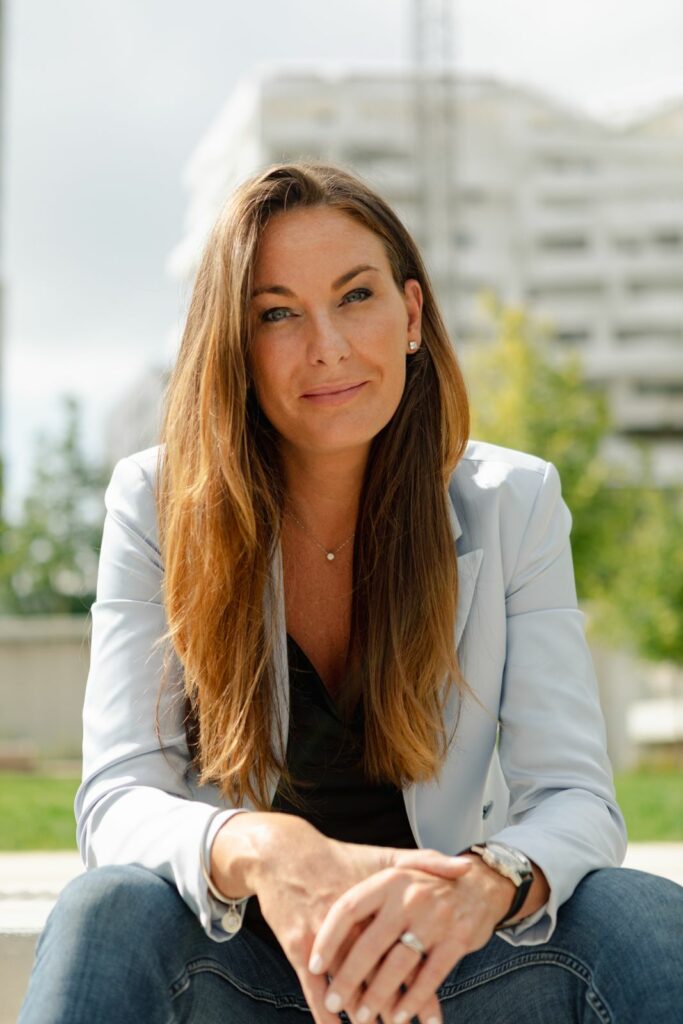
Marine HADENGUE
Directrice
Youth Talks - France
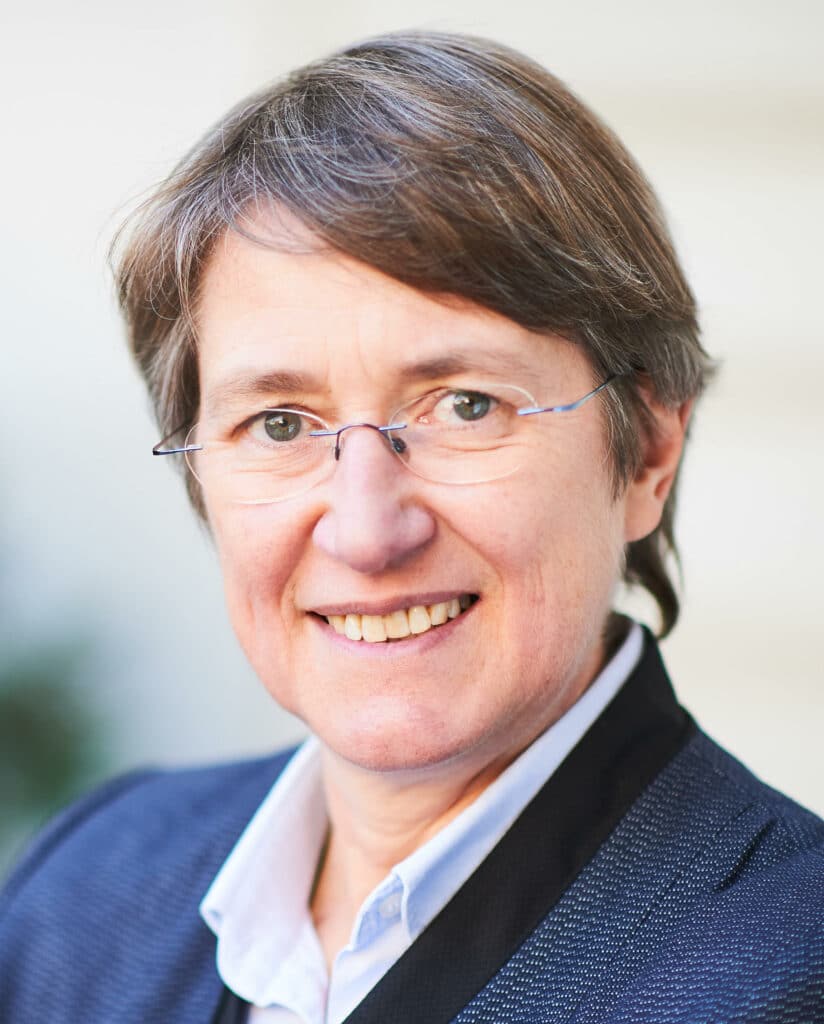
Monique HUET
Administratrice & membre du Club ESG
IFA - France
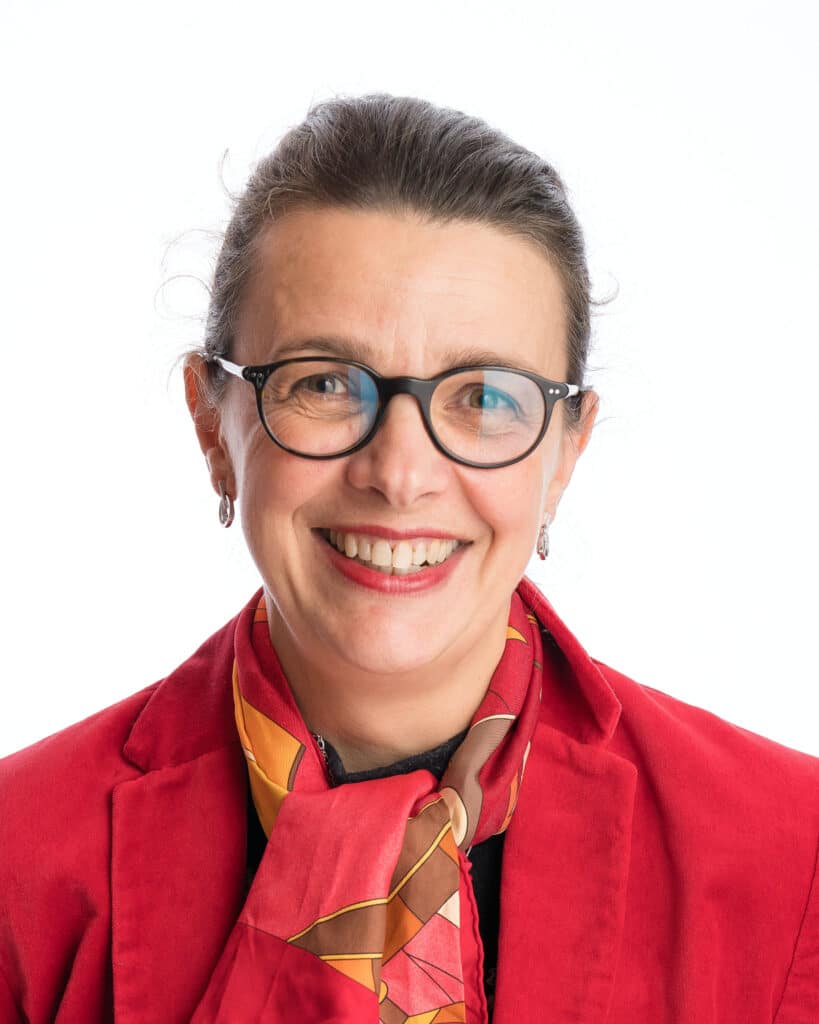
Béatrice JAVARY
Directrice RSE
Auchan Retail France - France

Simon KARLESKIND
Directeur régional de l'ADEME Hauts-de-France
ADEME Hauts-de-France - France
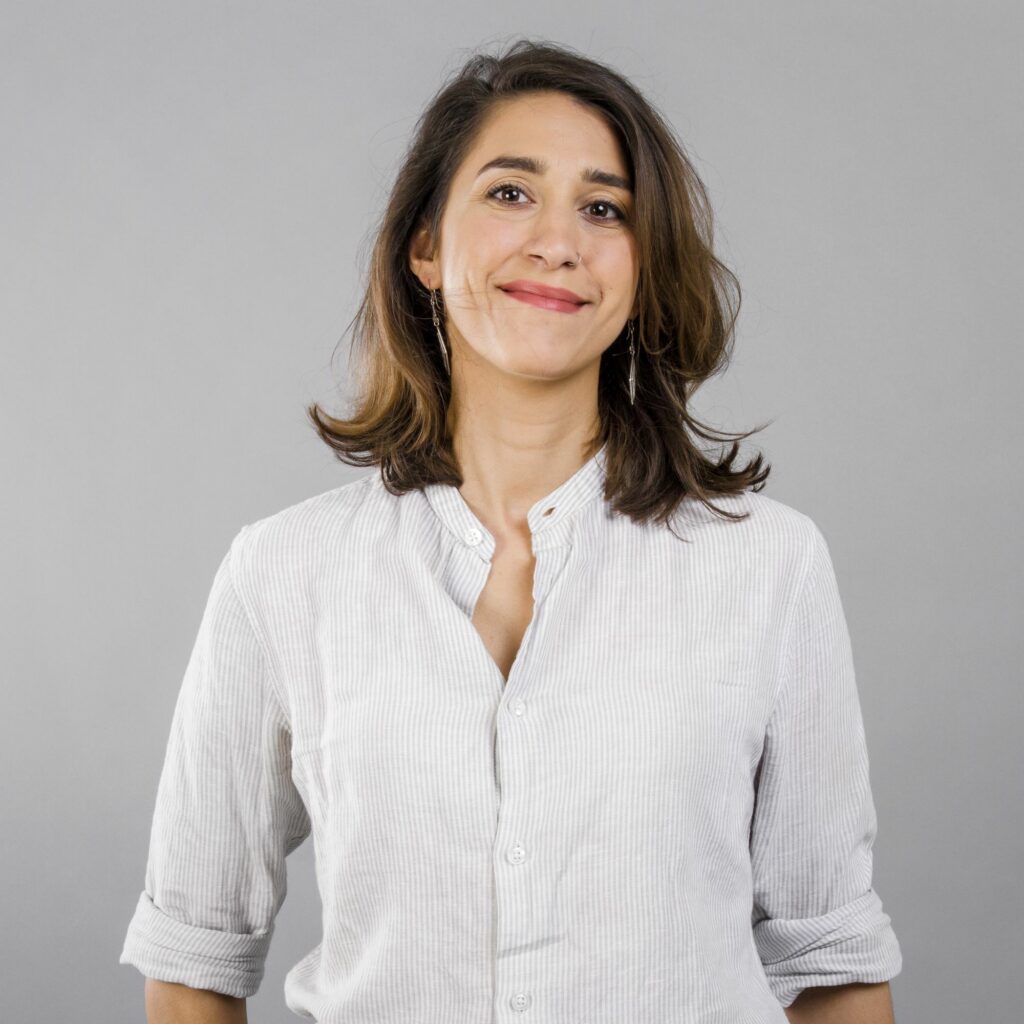
Anaïs KASBACH
Responsable Développement Durable
Lunii - France
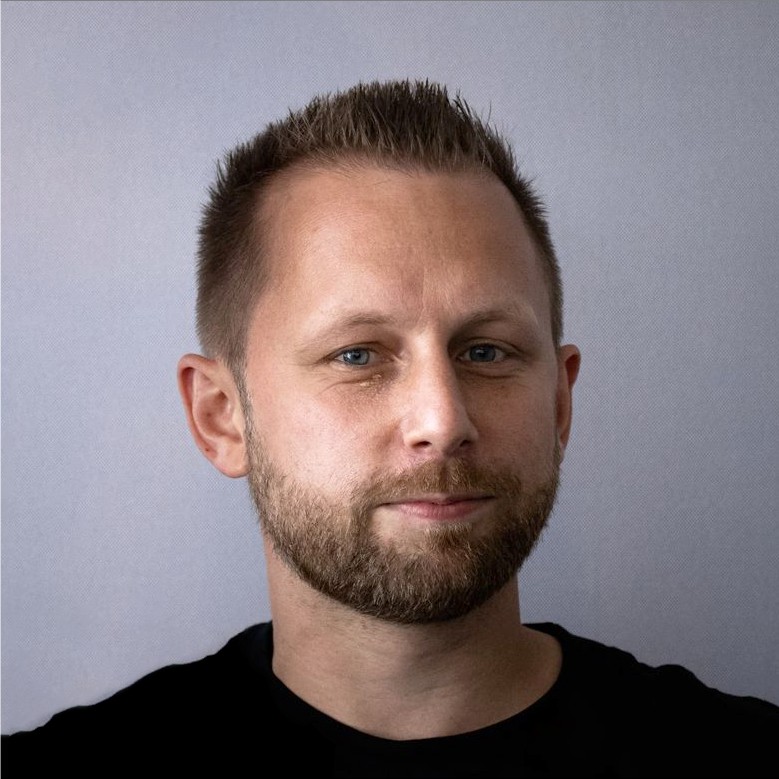
Yann KOZON
Développeur web indépendant
- France
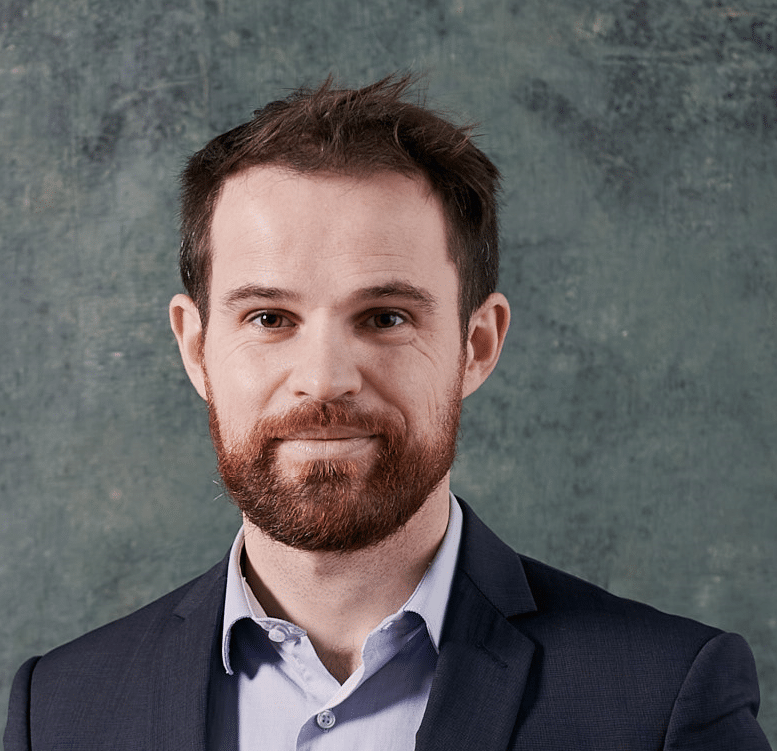
David LAURENT
Directeur Transformation écologique
Entreprises pour l’Environnement - France
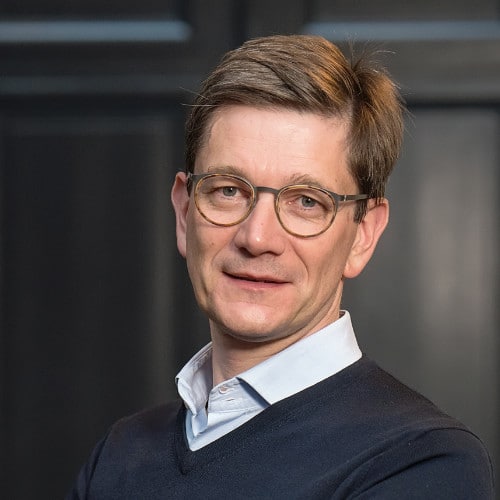
Erwan LAURIOT PREVOST
Membre IFA Hauts de France
IFA - France
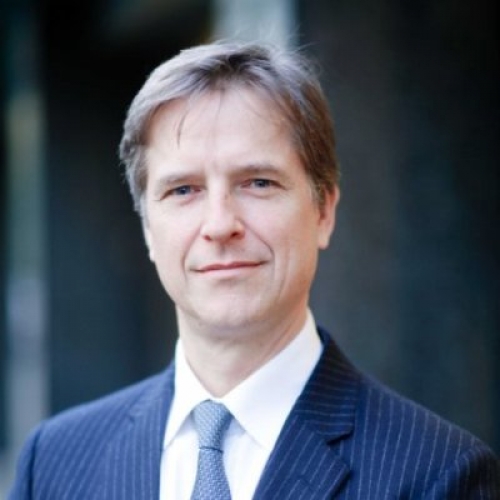
Thierry LEBRUN
Directeur Banque des Transitions
Crédit Agricole Nord de France - France
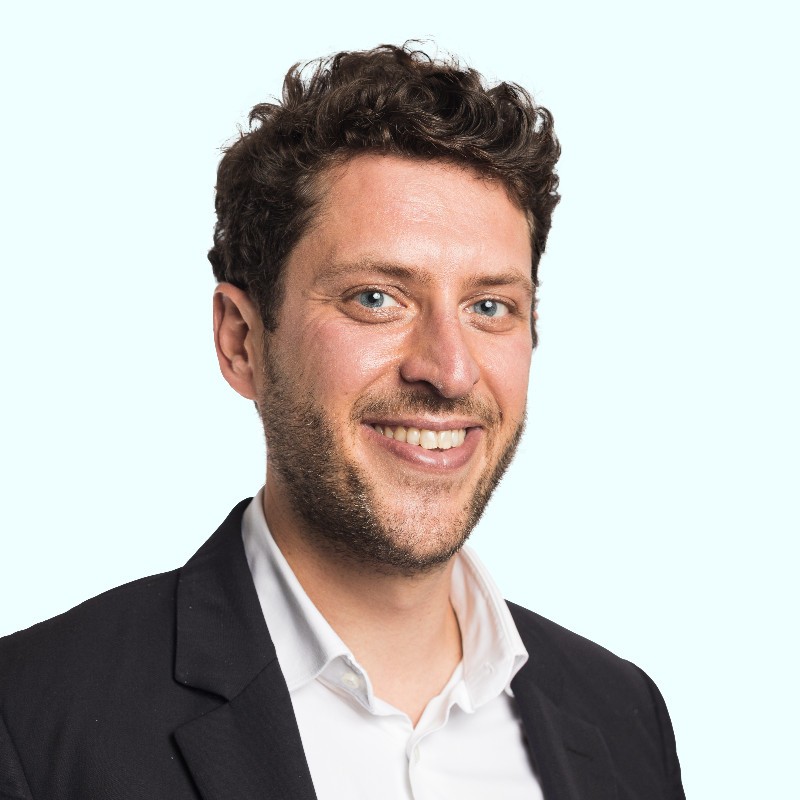
Anthony LECERF
Fondateur
It's on us - France
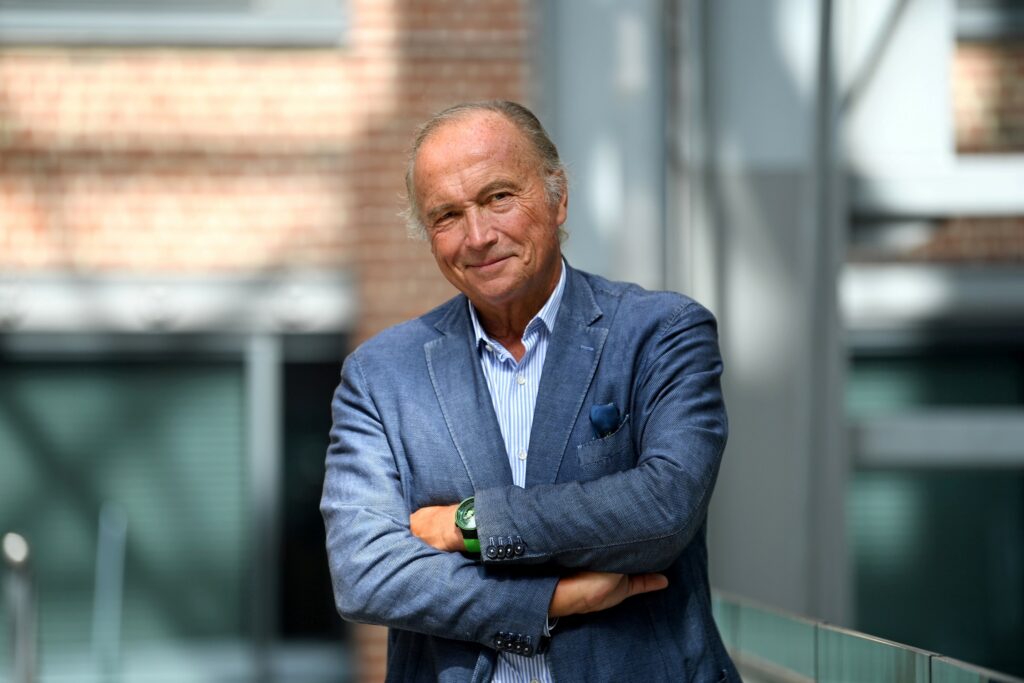
Jean-Pierre LETARTRE
Président de Réseau Alliances
Réseau Alliances, World Forum for a Responsible Economy - France
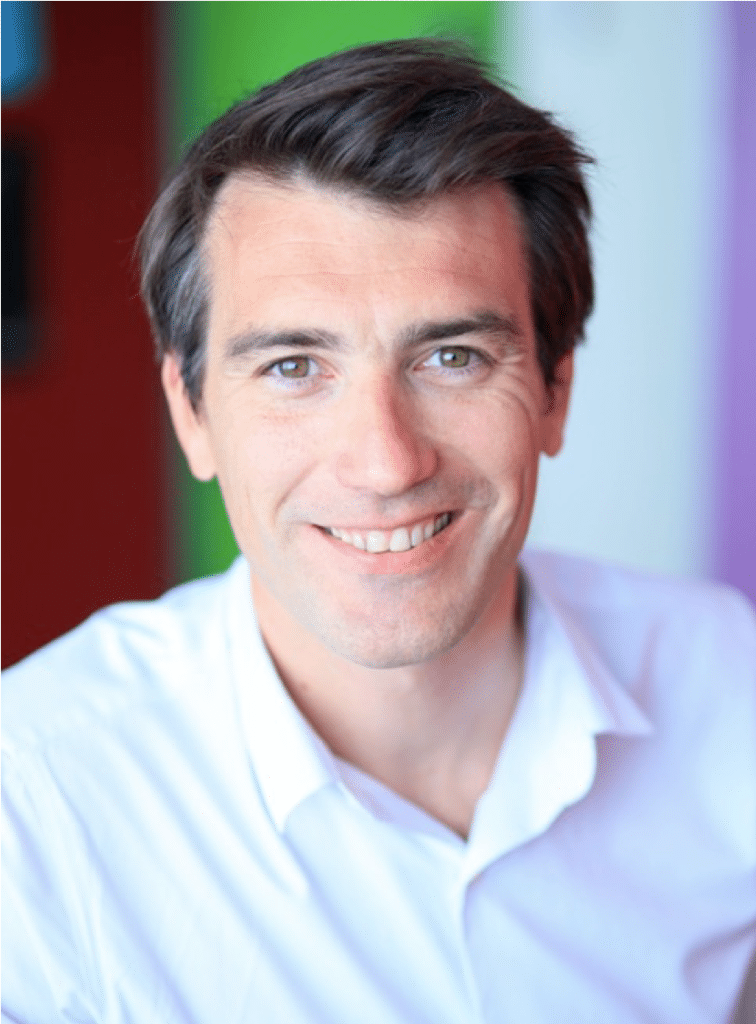
Florent LEVAVASSEUR
Directeur conseil
Utopies - France
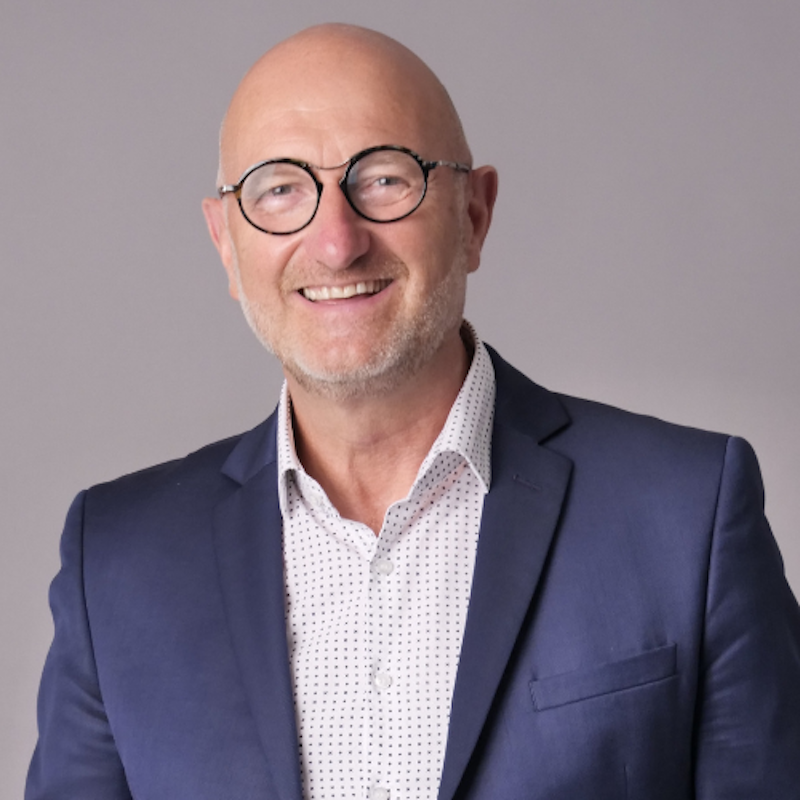
Jean-Michel LOBRY
PDG
NEP, Wéo - France
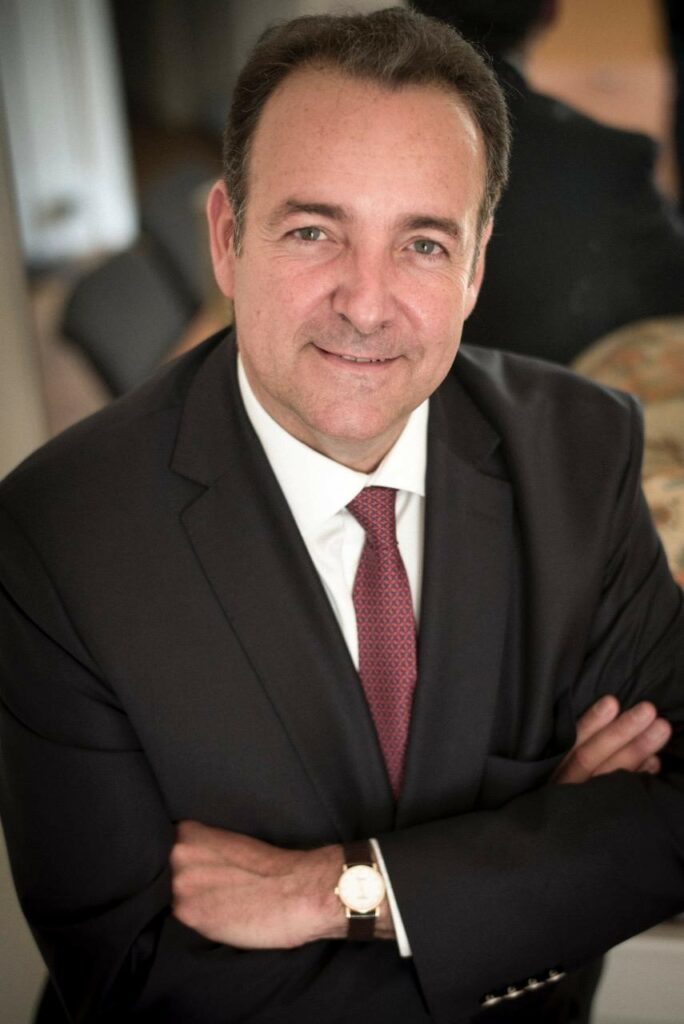
Alexandre MALAFAYE
Président-Fondateur
Synopia - France
Vianney MERCHERZ
Relations internationales - Diplomatie - Politiques
Neo-Eco - France
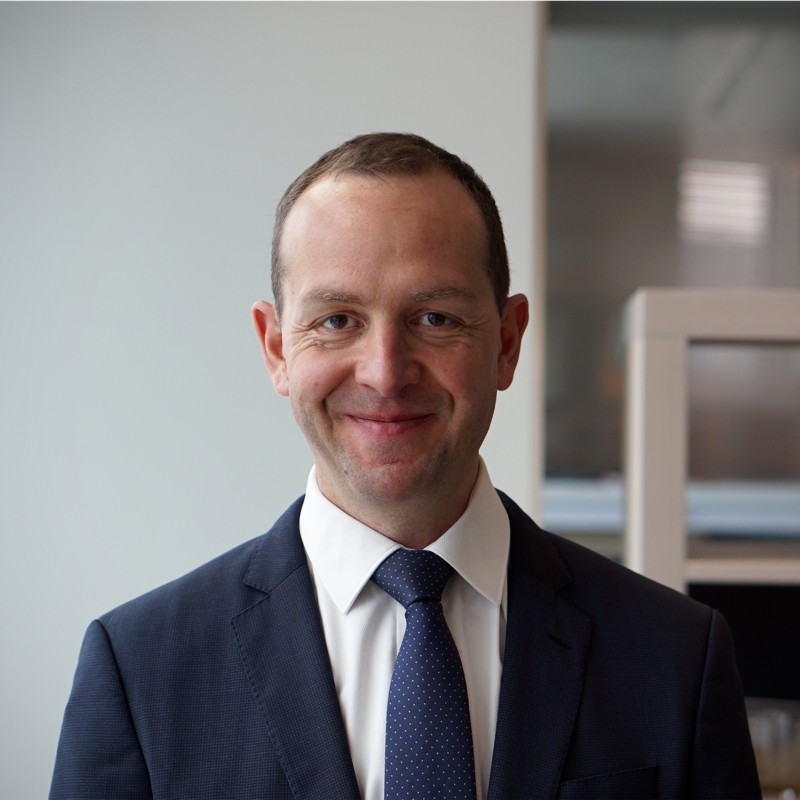
Guillaume MERCUZOT
Responsable Solutions de finance durable
SG Crédit du Nord - France
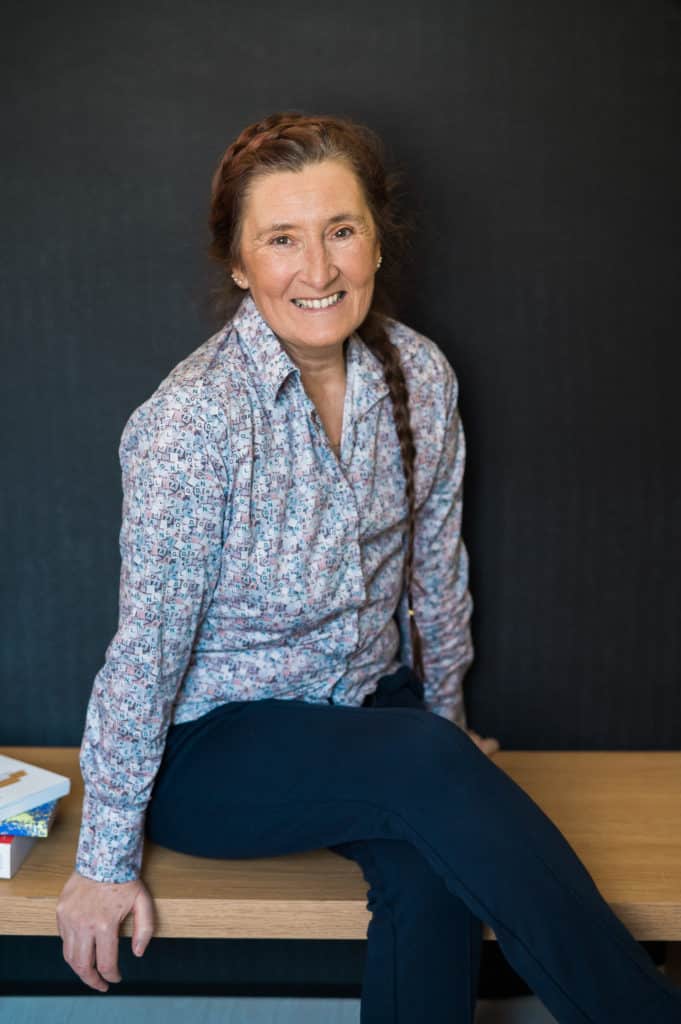
Isabelle MEURVILLE
Traductrice
- France
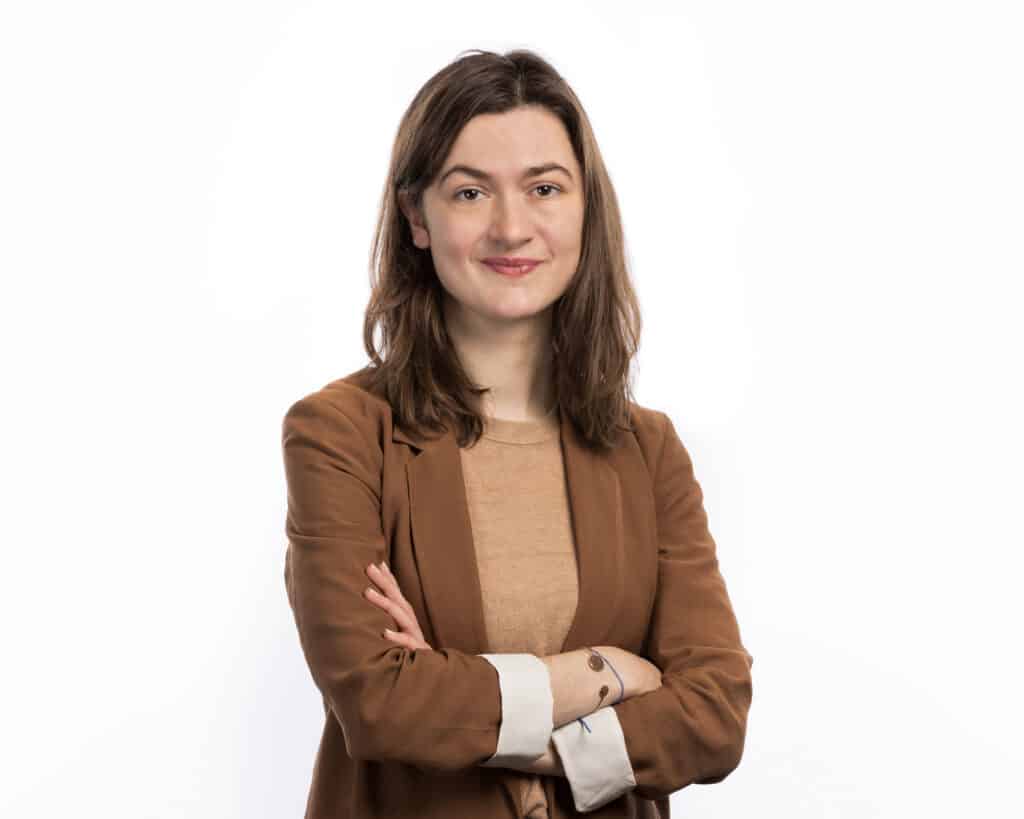
Mathilde MIGNOT
Director Nature based Solutions
EcoAct - France
Sébastien MORVAN
Co-fondateur
Brussels Beer Project - Belgique
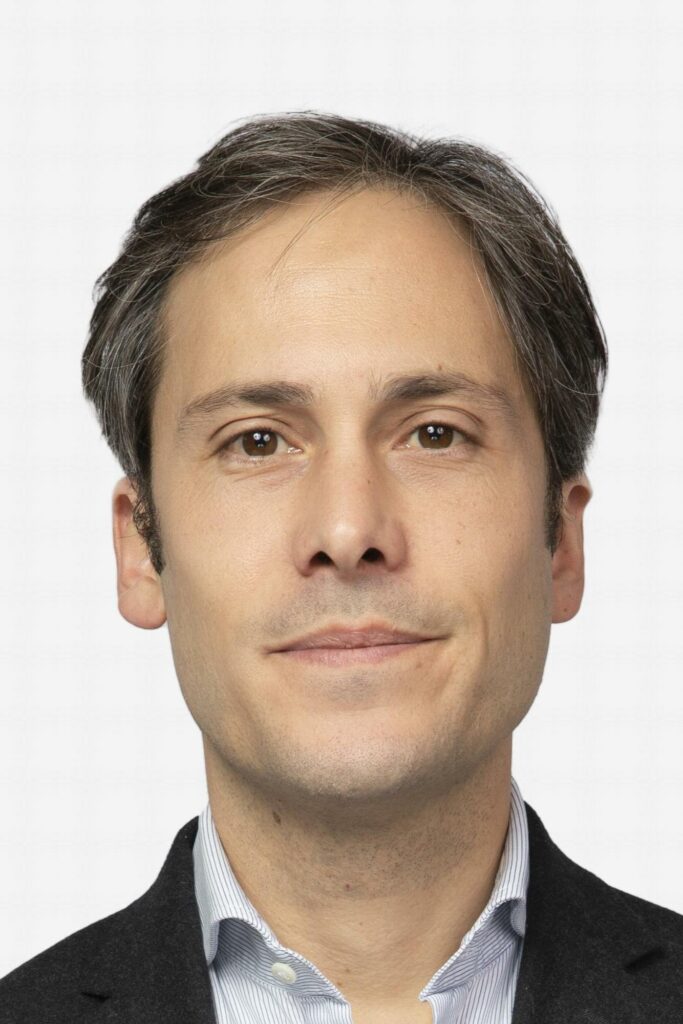
Tristan MOURRE
Associé – Sustainability Services
Mazars - France
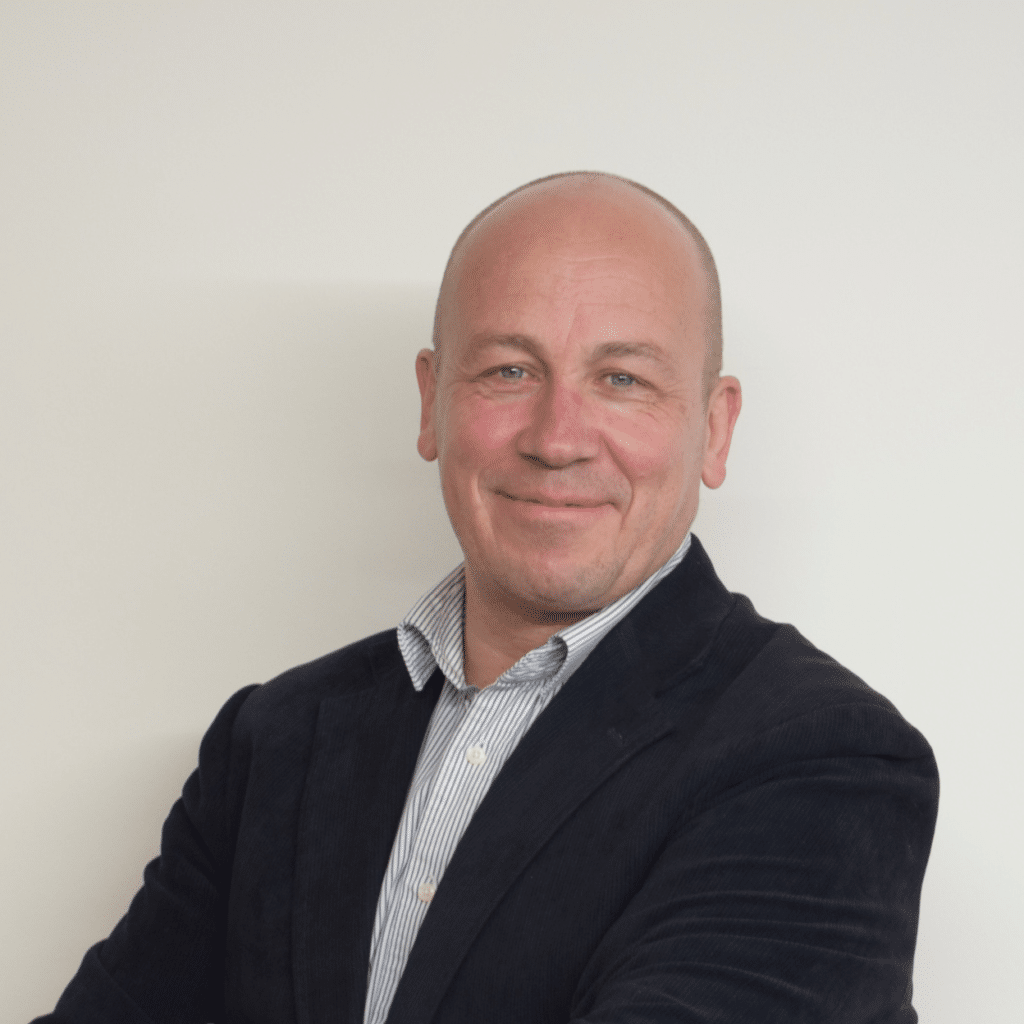
Jan NOTERDAEME
Co-fondateur
CSR Europe - Belgique

Nadiia OMELCHENKO
Vice-Présidente
IT-Integrator - Ukraine
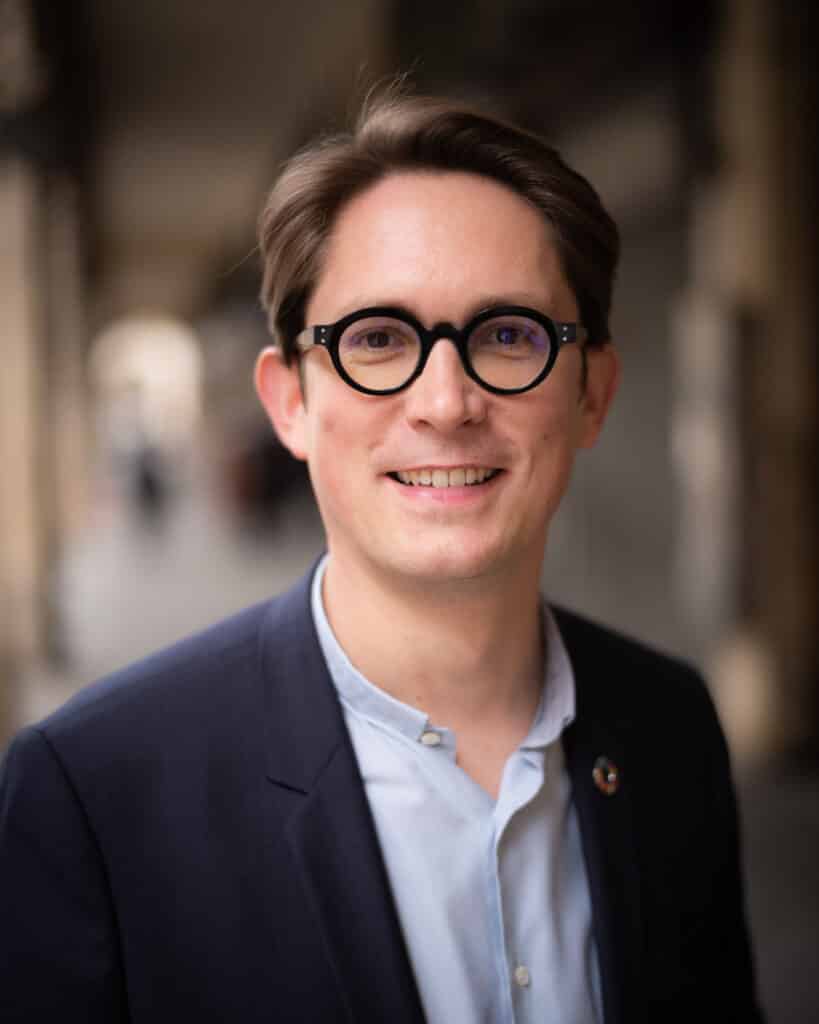
Nils PEDERSEN
Délégué Général
Pacte mondial Réseau France - France
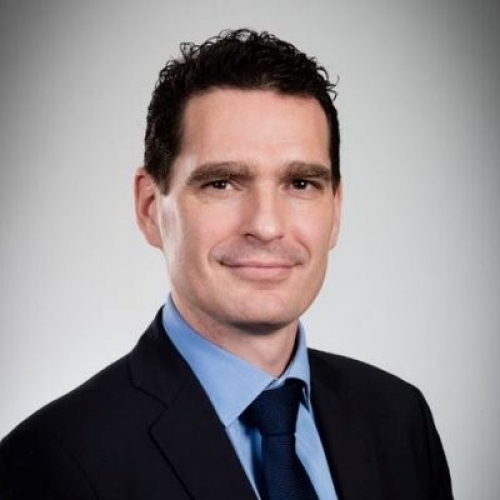
Mathias POVSE
Directeur régional des Hauts-de-France
EDF - France
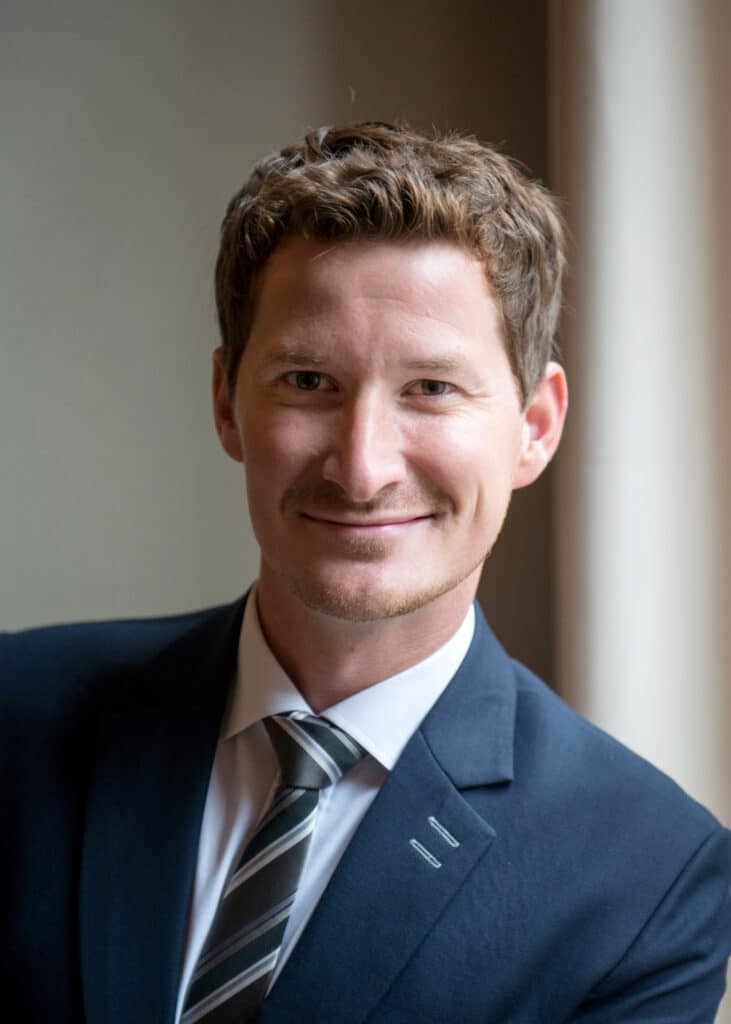
Maximilian RECH
Directeur du Mastère Spécialisé Responsable de la Chaîne Logistique et Achats
SKEMA Business School - France
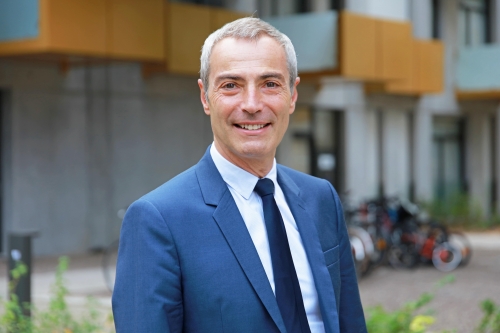
Philippe REMIGNON
Président du Directoire
Vilogia - France
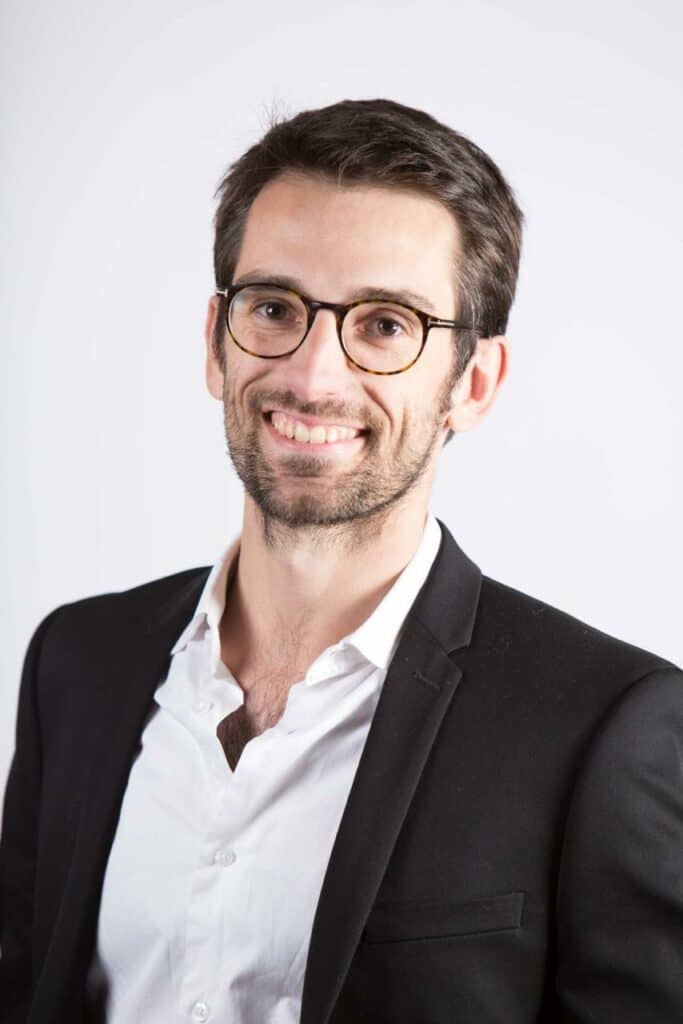
Raphaël ROBIL
Fondateur & dirigeant
Lemon Interactive - France
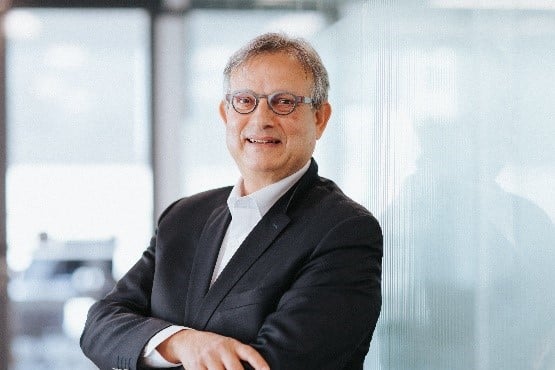
Dhafer SAIDANE
Docteur en économie, HDR, professeur
SKEMA Business School - France
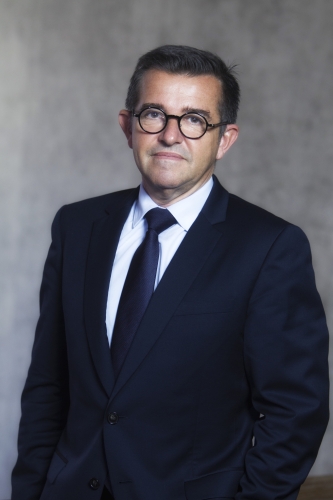
Grégory SANSON
Président
Lille Place Financière - France
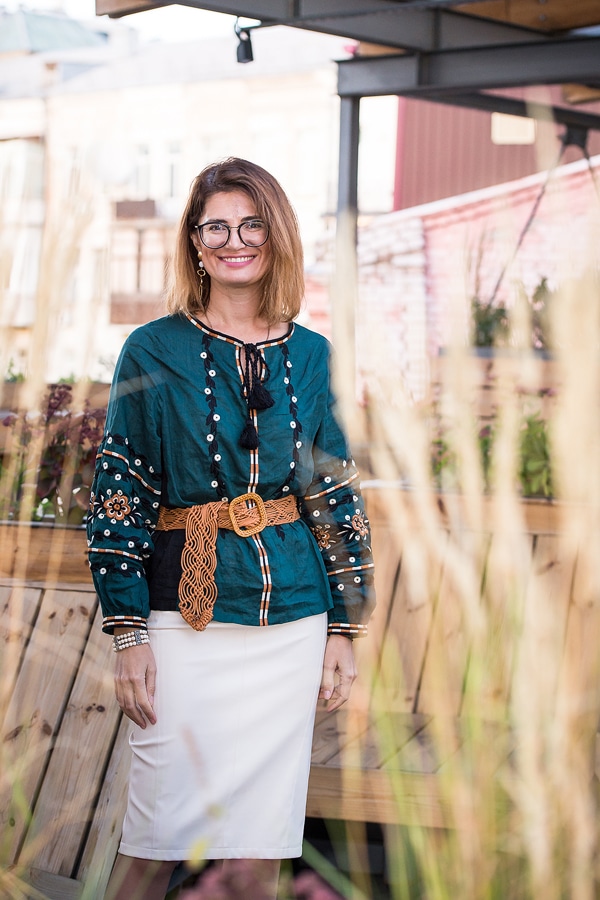
Maryna SAPRYKINA
Présidente-Directrice Générale
CSR Ukraine - Ukraine
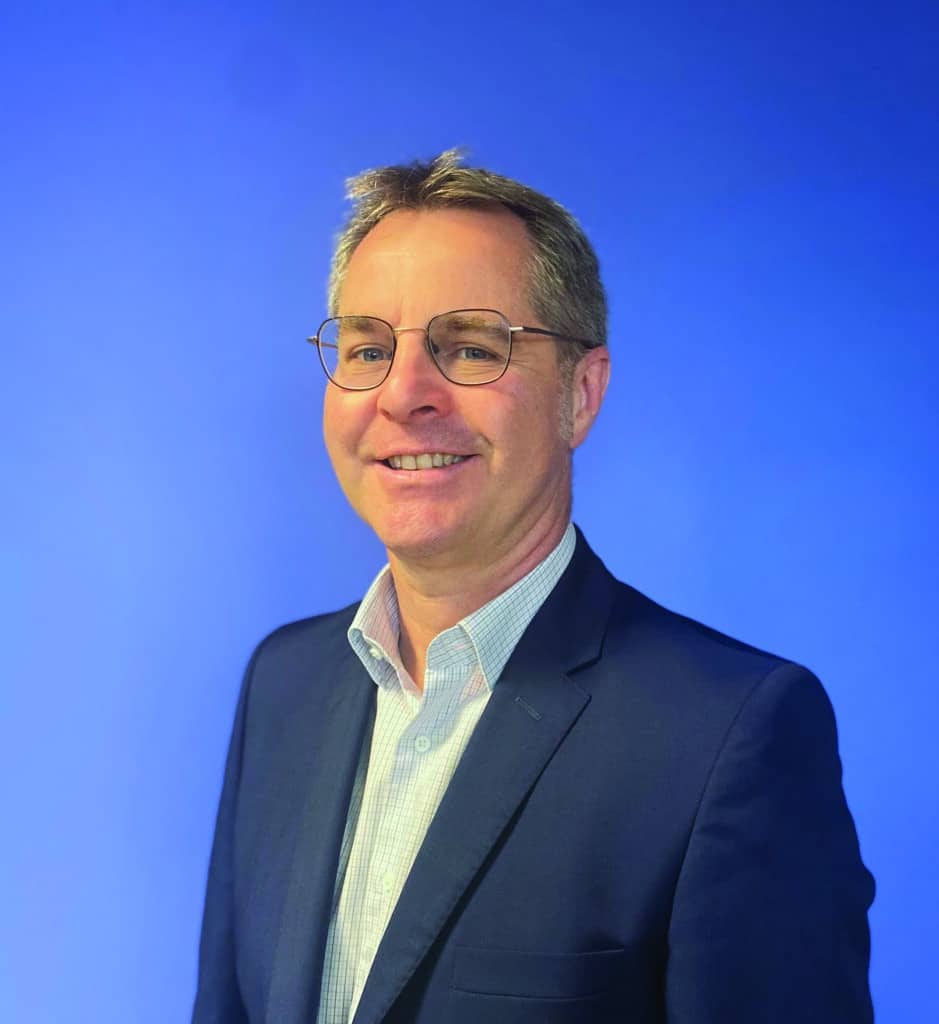
Jean-Jérôme SEMAT
Président
Alfa Laval France et Afrique du Nord & de l’Ouest - France
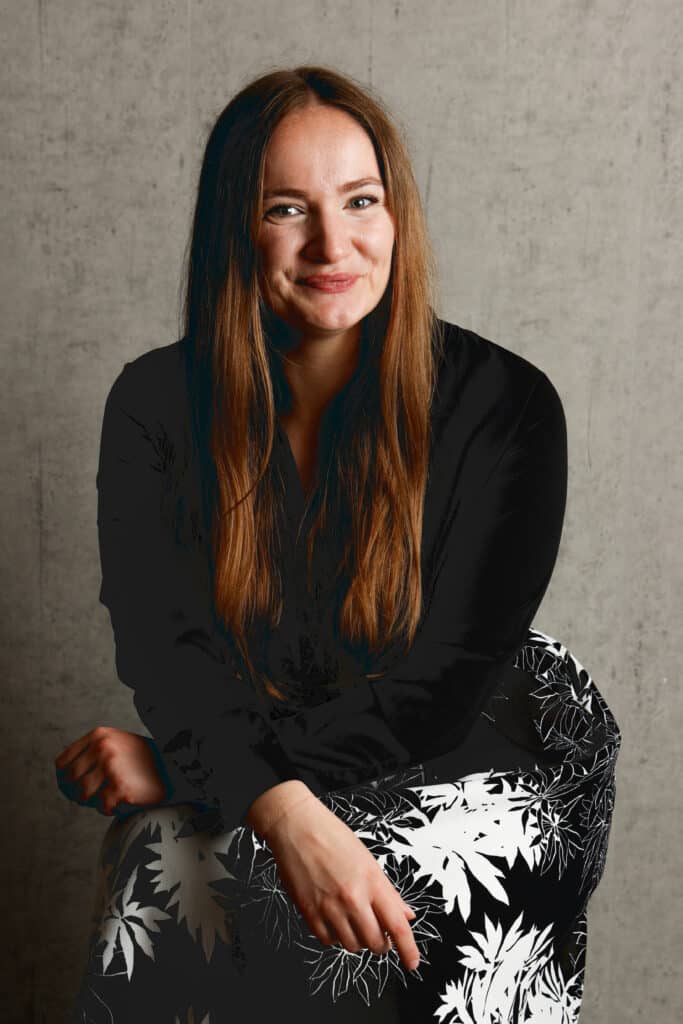
Madlen SOBKOWIAK
Professeure associée
EDHEC Business School - France
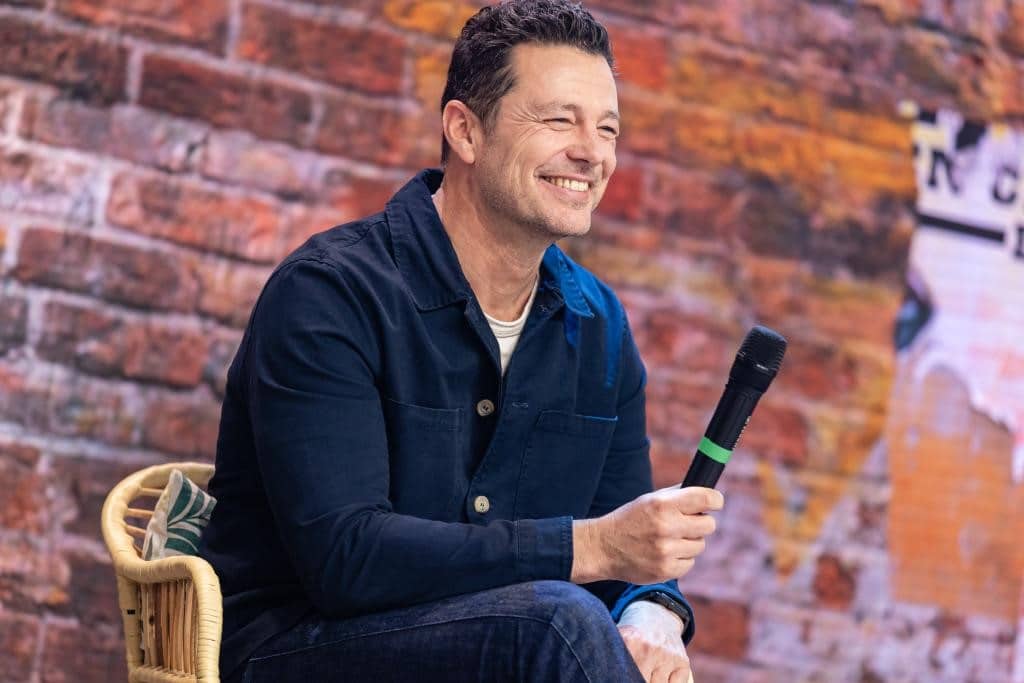
Patrick STASSI
Directeur général
Kiabi - France
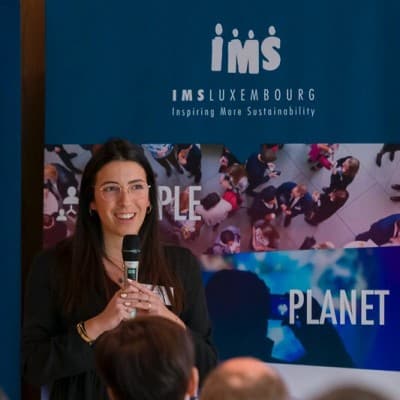
Priscilia TALBOT
Responsable de la Charte de la Diversité Lëtzebuerg
IMS Luxembourg - Luxembourg
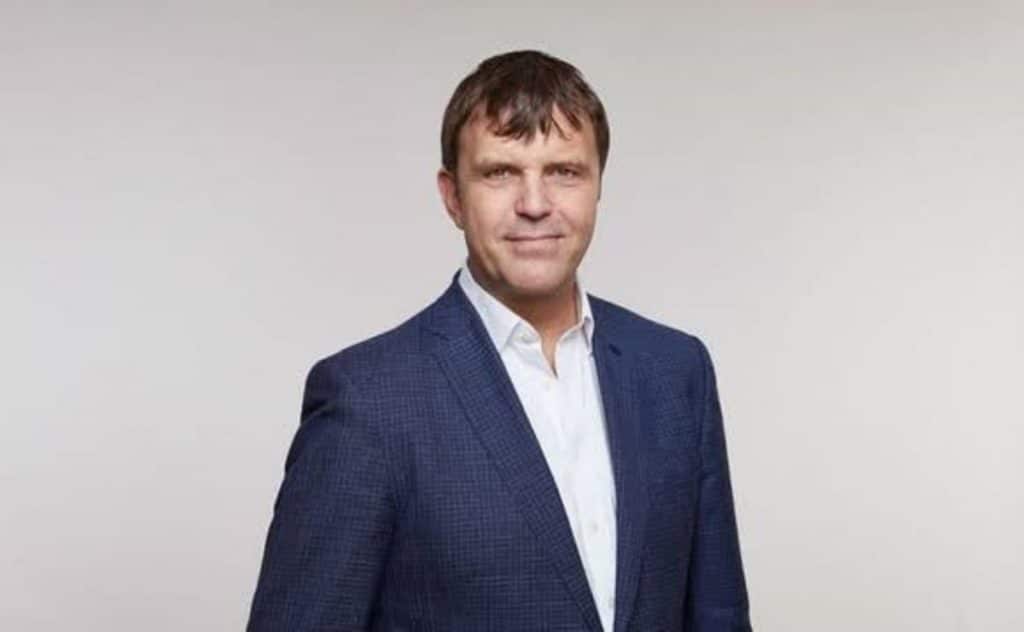
Nigel TOPPING
Champion de haut niveau pour l'action climatique
- Royaume-Uni

Marie-Aude TRAN
Galeriste à impact
Trifolium - France
AUTOUR DU WORLD FORUM
LE BLOG DU WORLD FORUM
LES PRÉCÉDENTES ÉDITIONS
EXPLOREZ LES THÉMATIQUES DE LA COLLECTION
TRAITÉES DANS NOS CONFÉRENCES
DEPUIS 2007
NOS PARTENAIRES EN ACTIONS
Participez au concours Start’ UP de la Direction Régionale du Nord-Pas de Calais d’Enedis
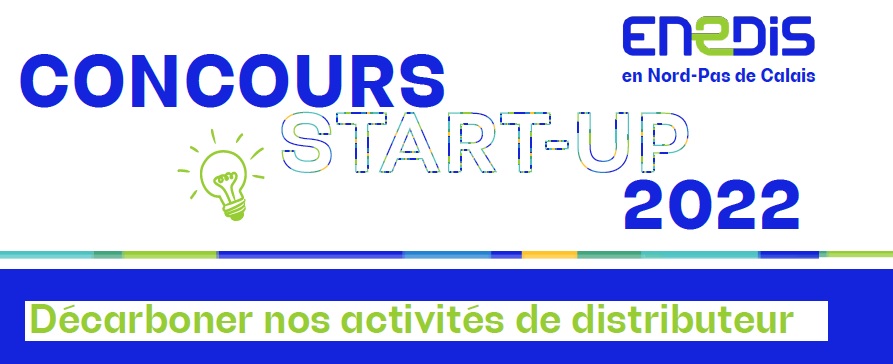
NOUS VOUS RECOMMANDONS
Profitez d’une période de découverte AEF info gratuitement pendant 2 mois !

Nous vous recommandons

Le moteur de recherche pour vous inspirer de stratégies RSE innovantes
RESTONS EN CONTACT !
« * » indique les champs nécessaires

